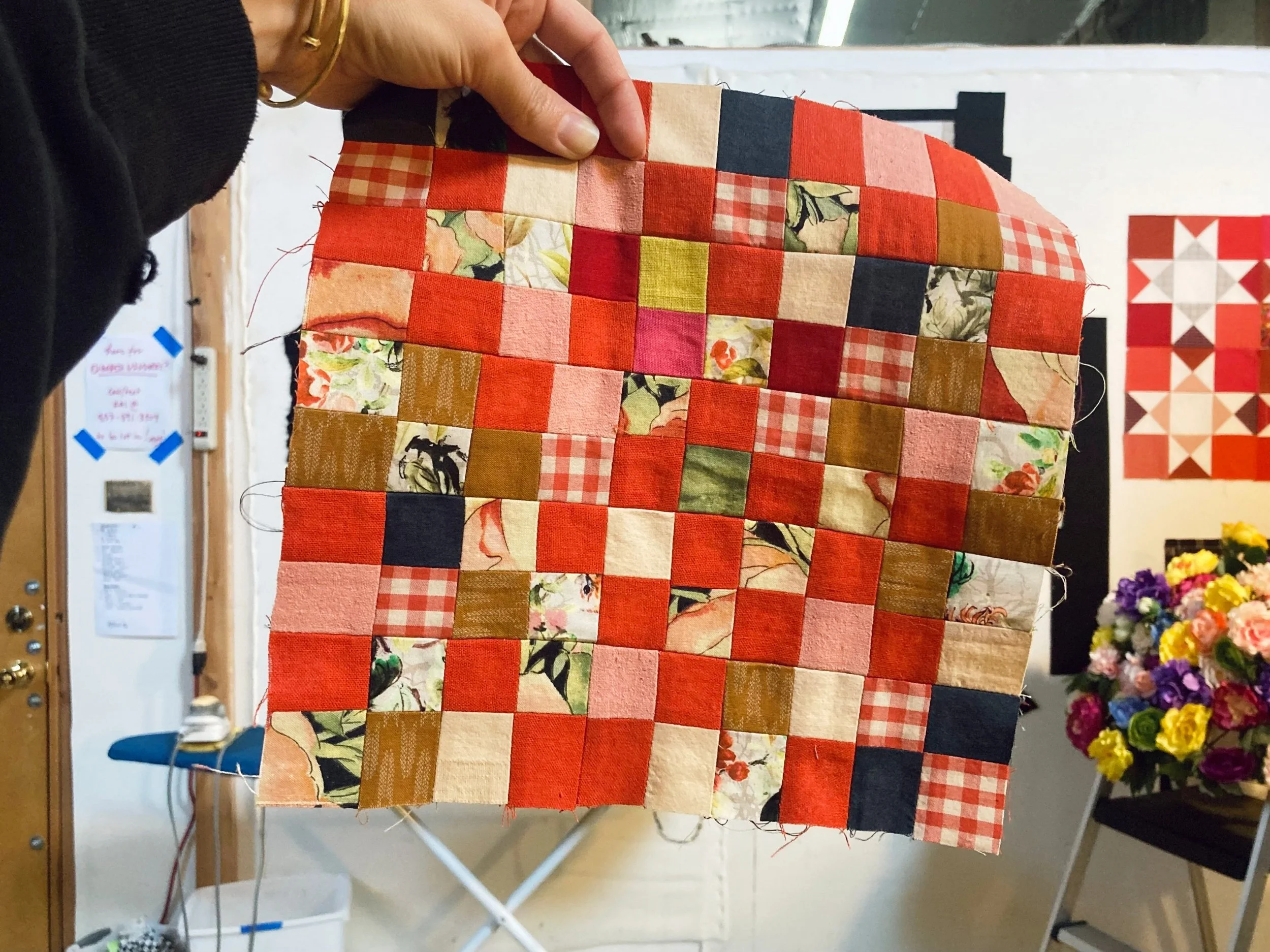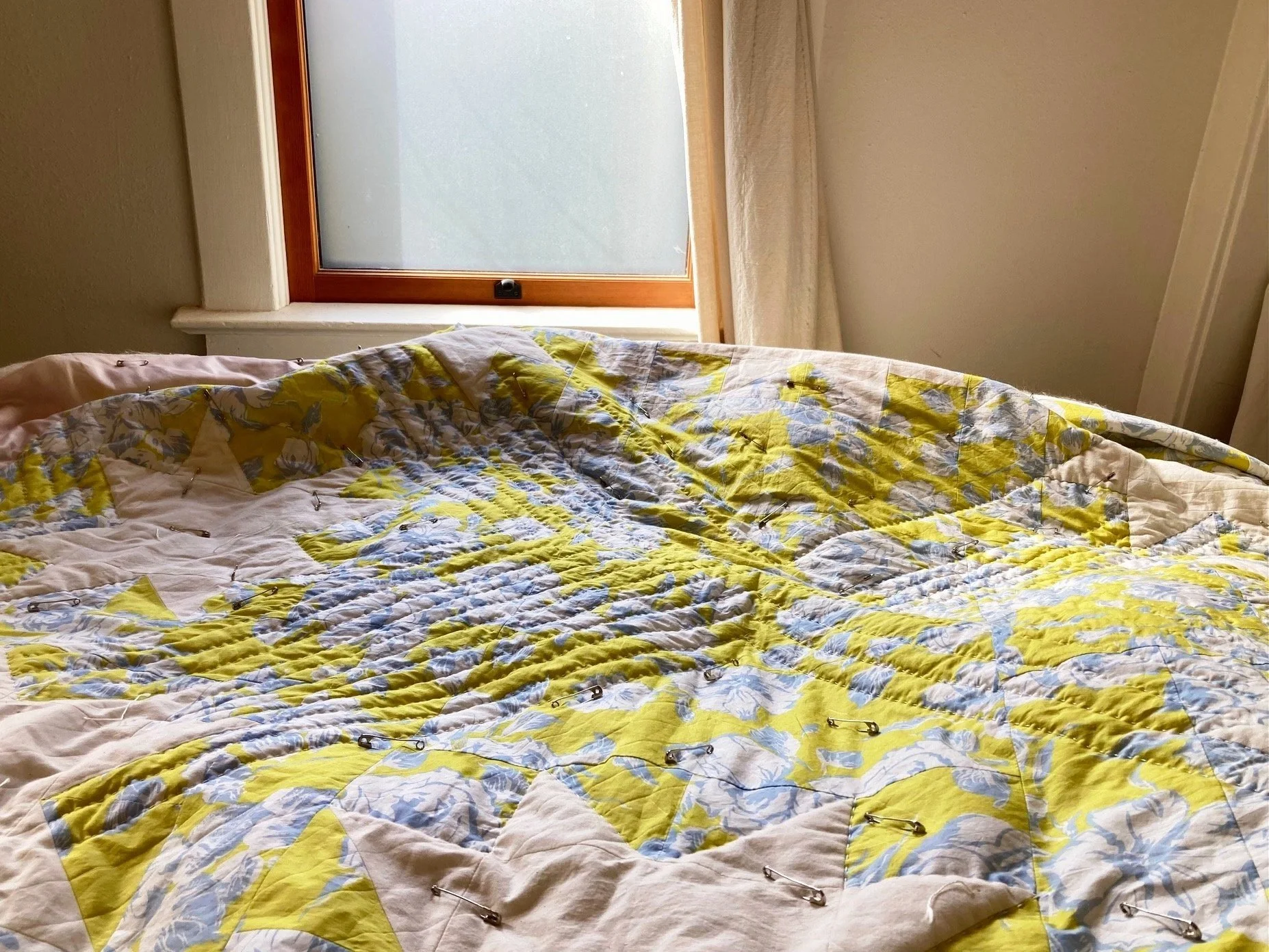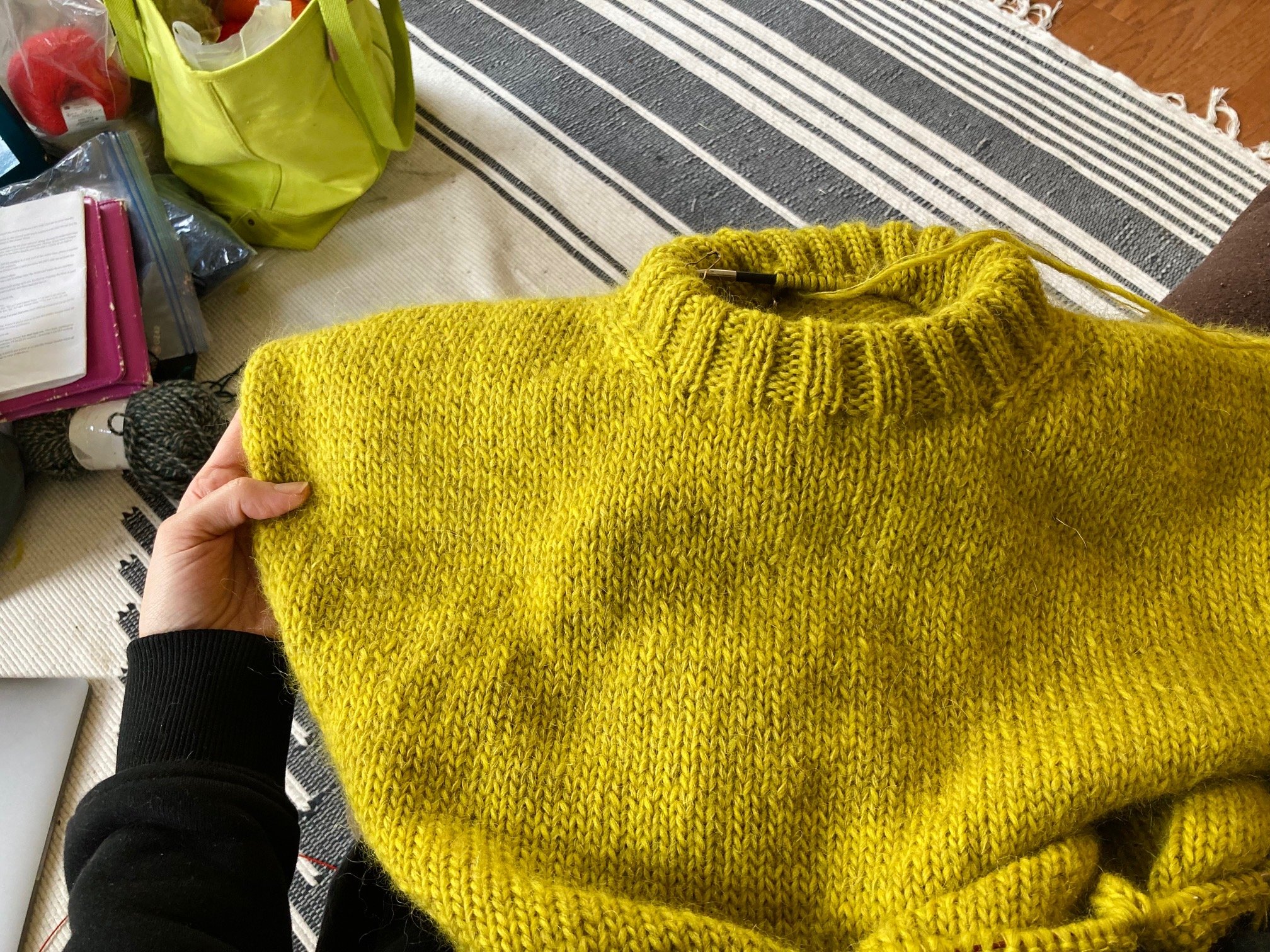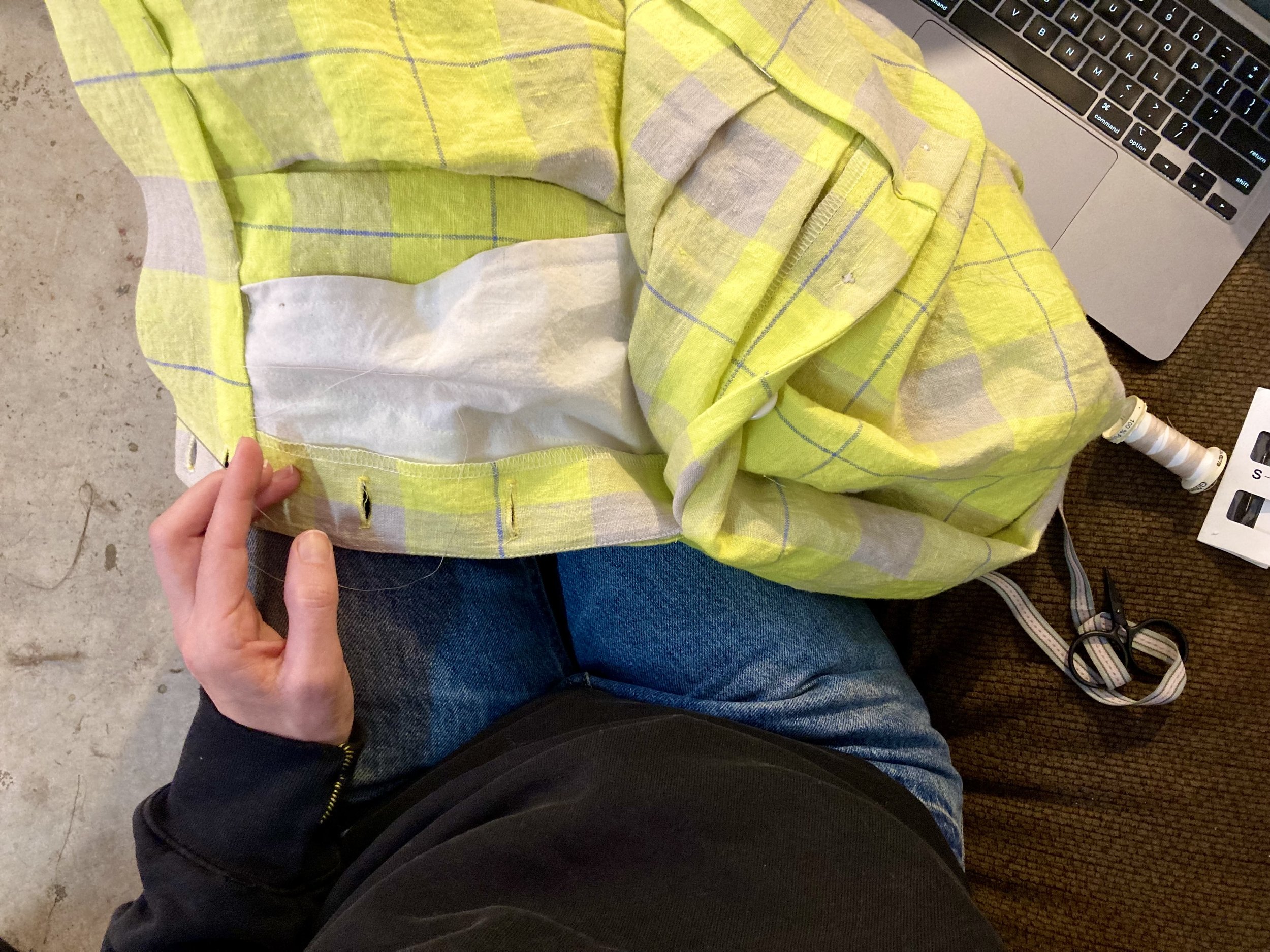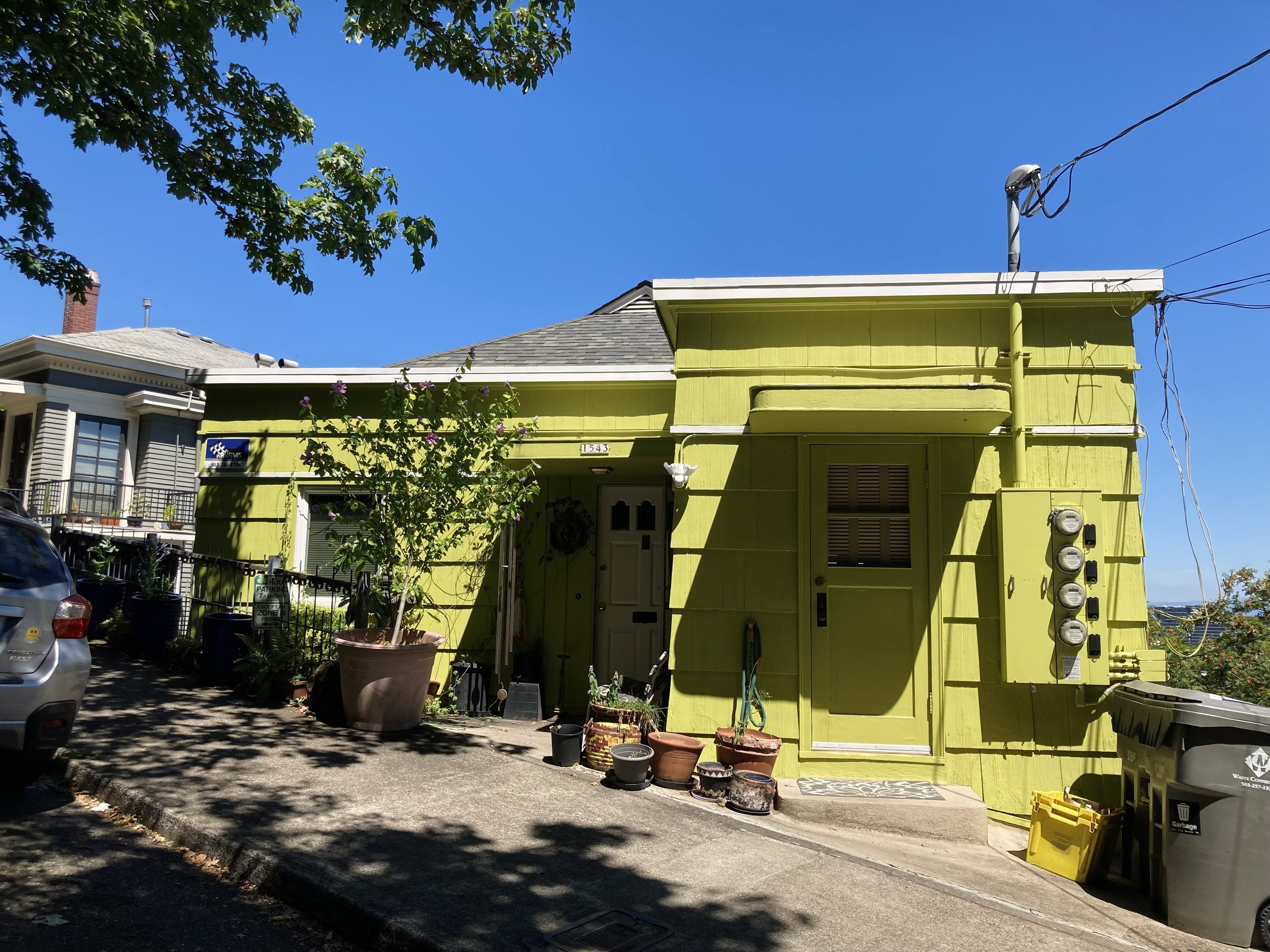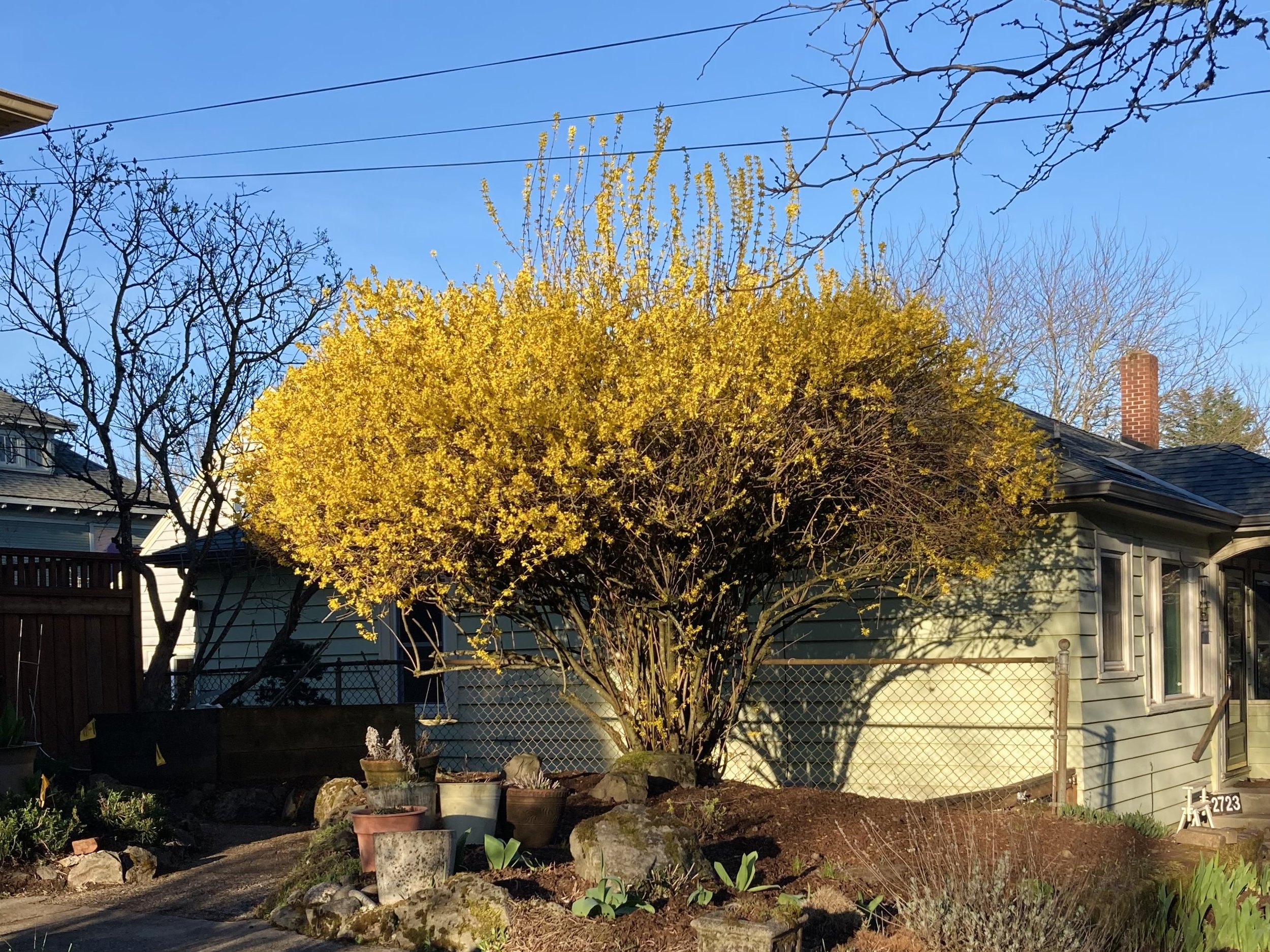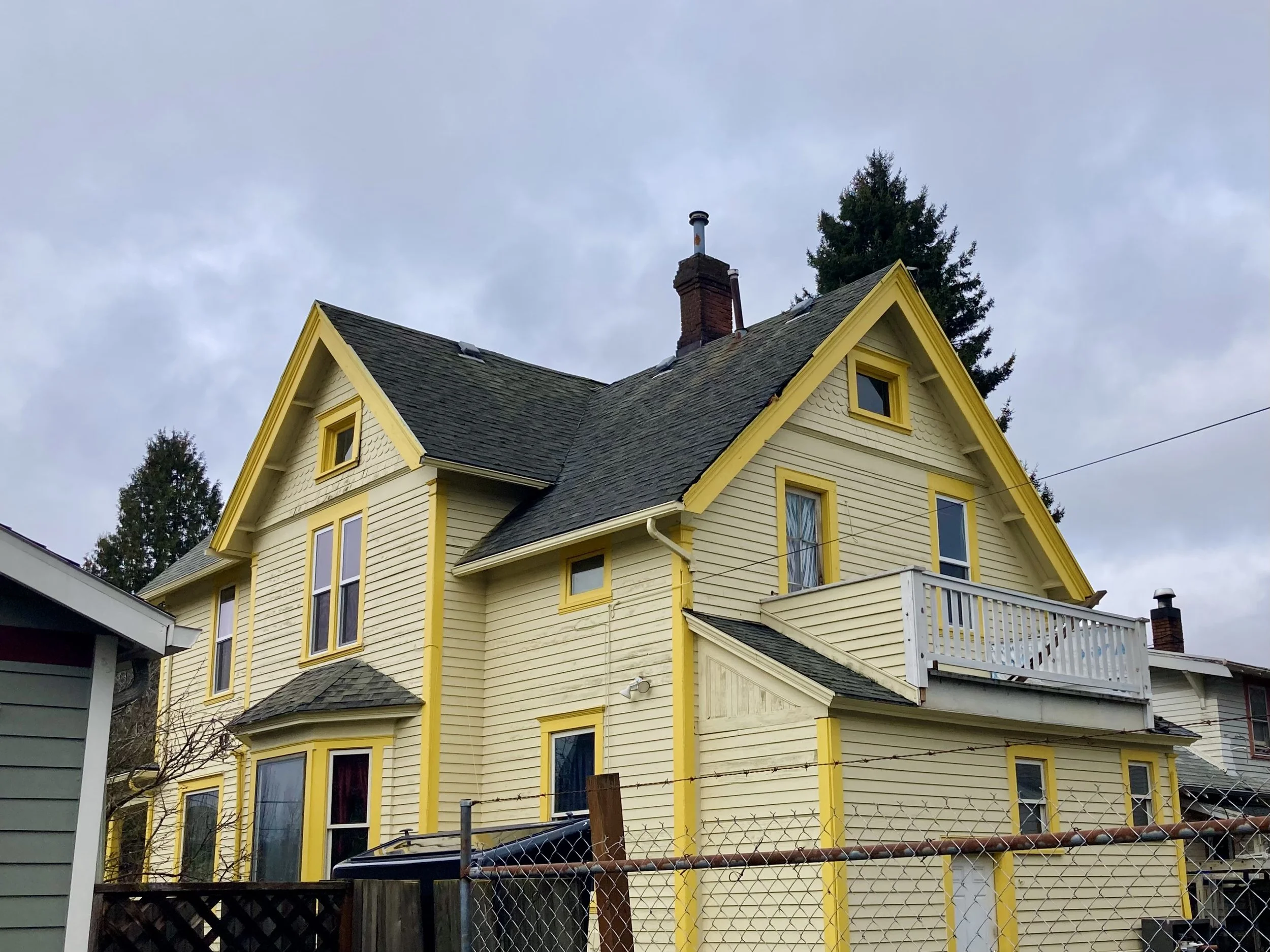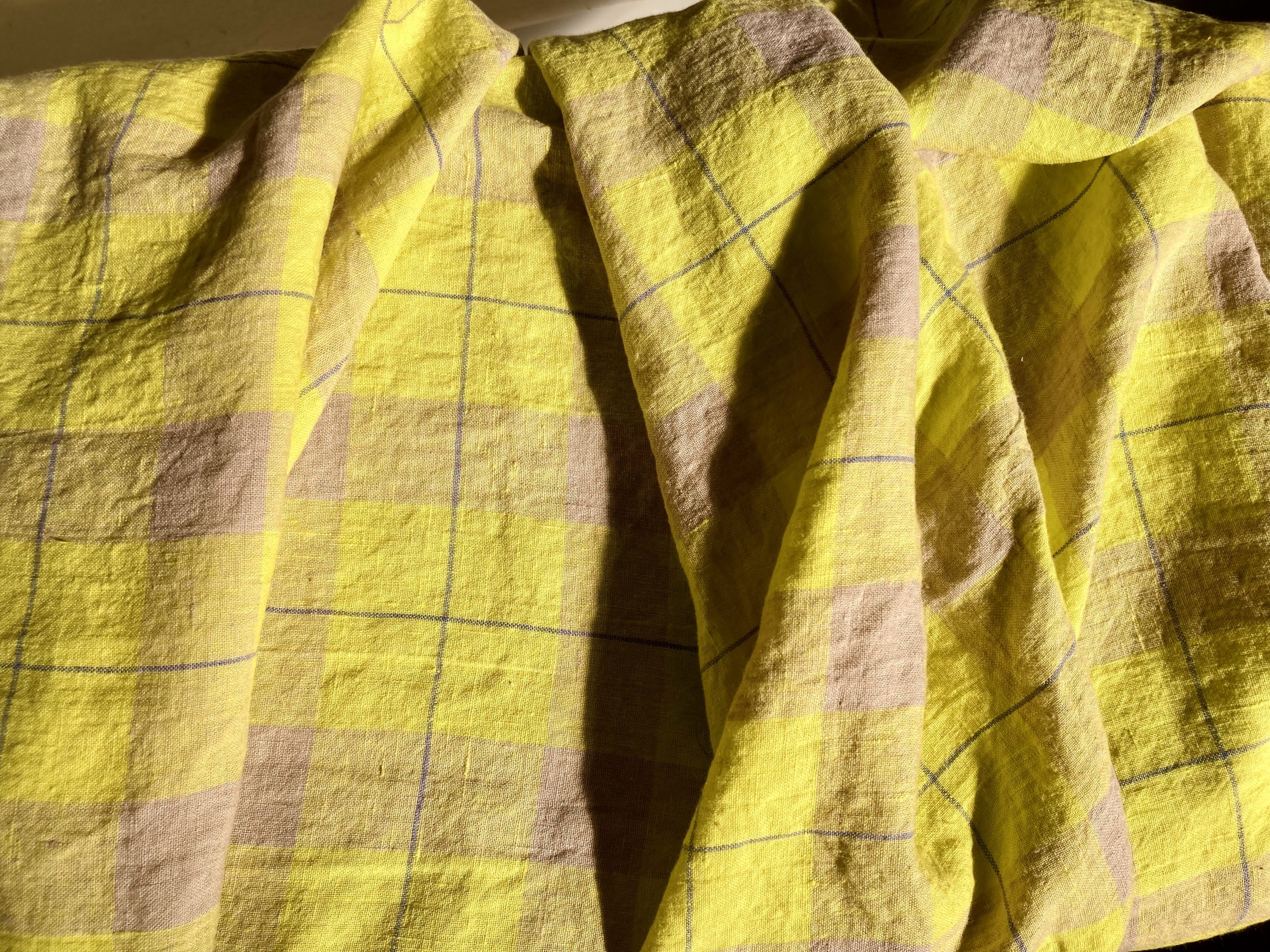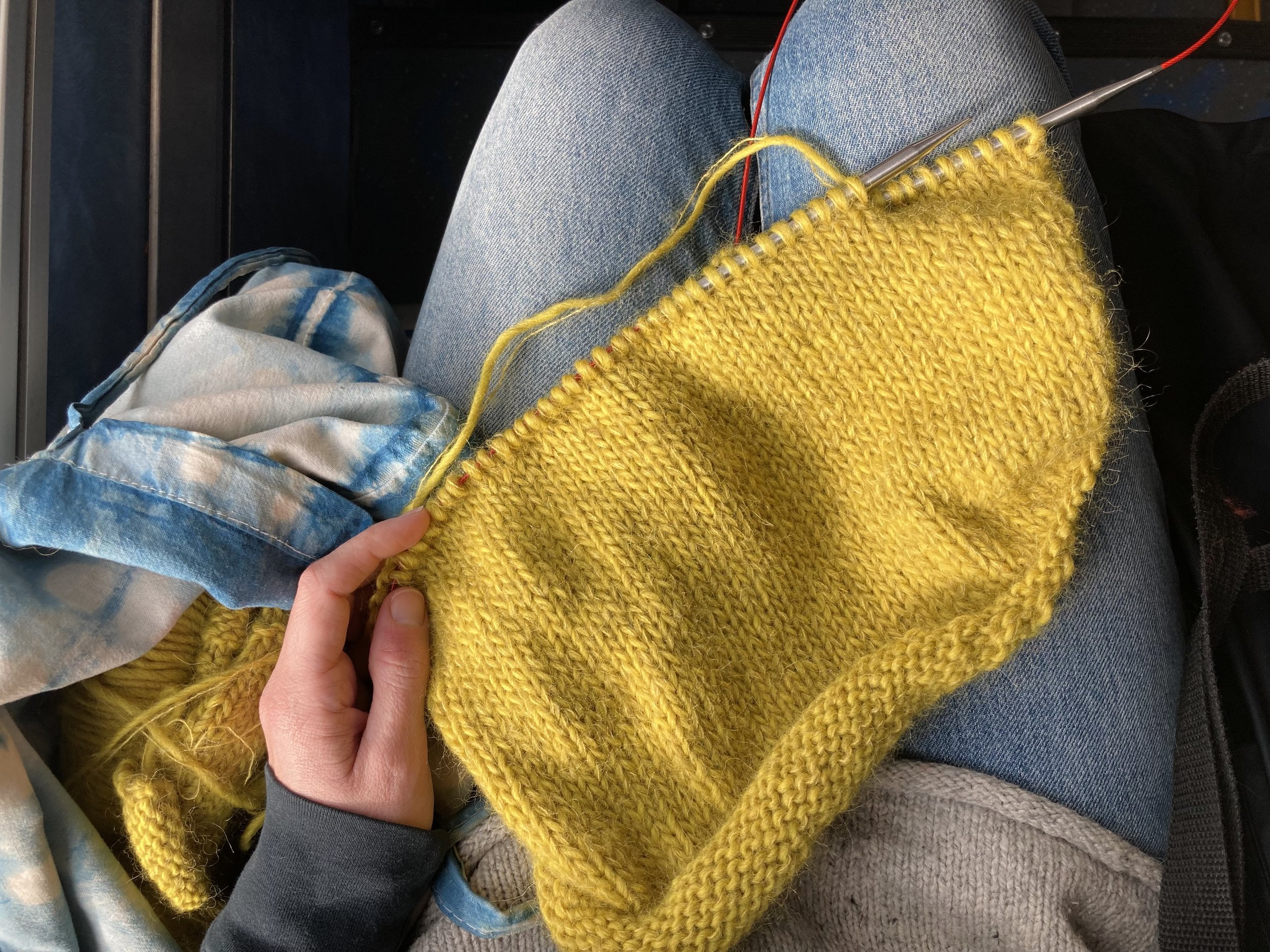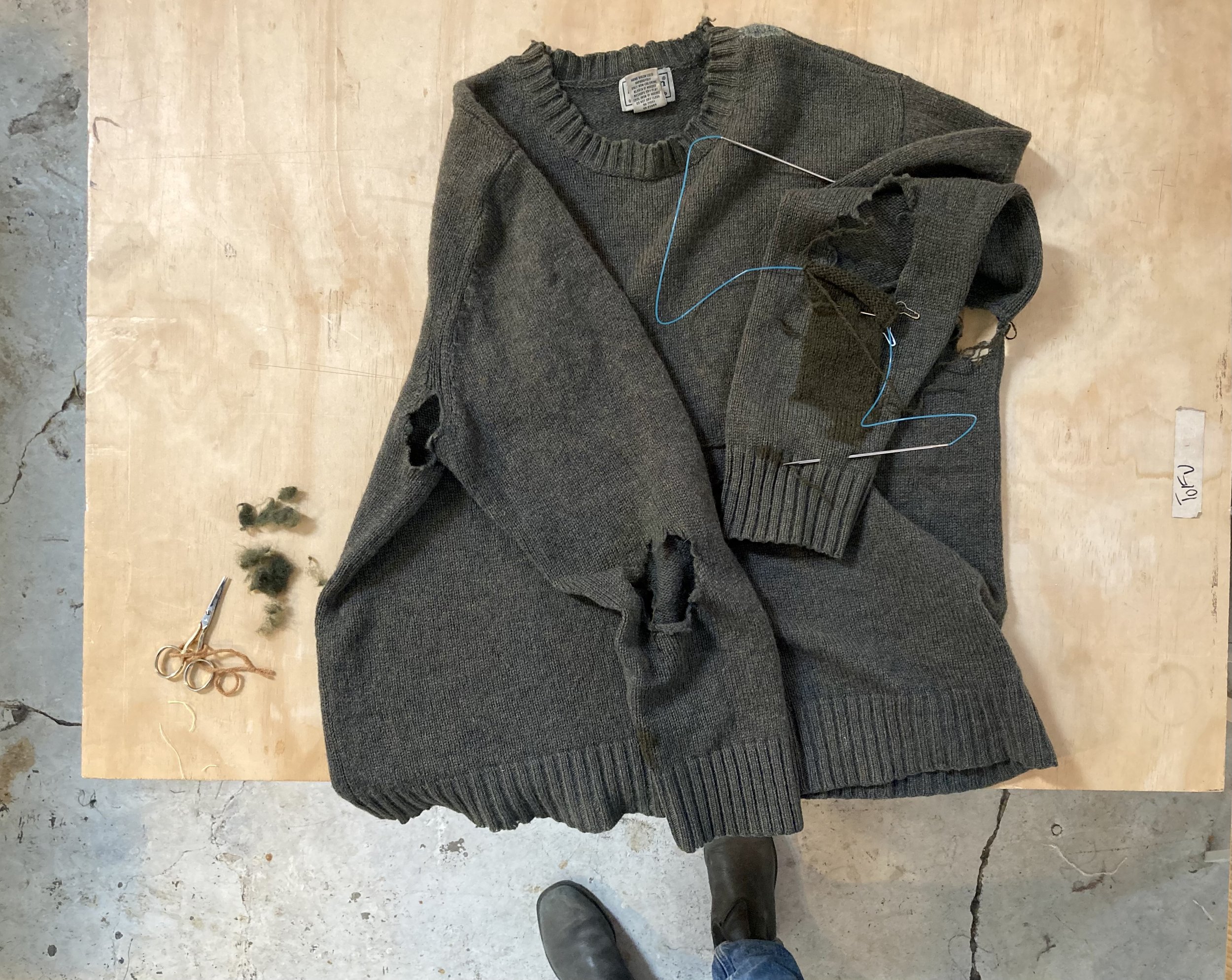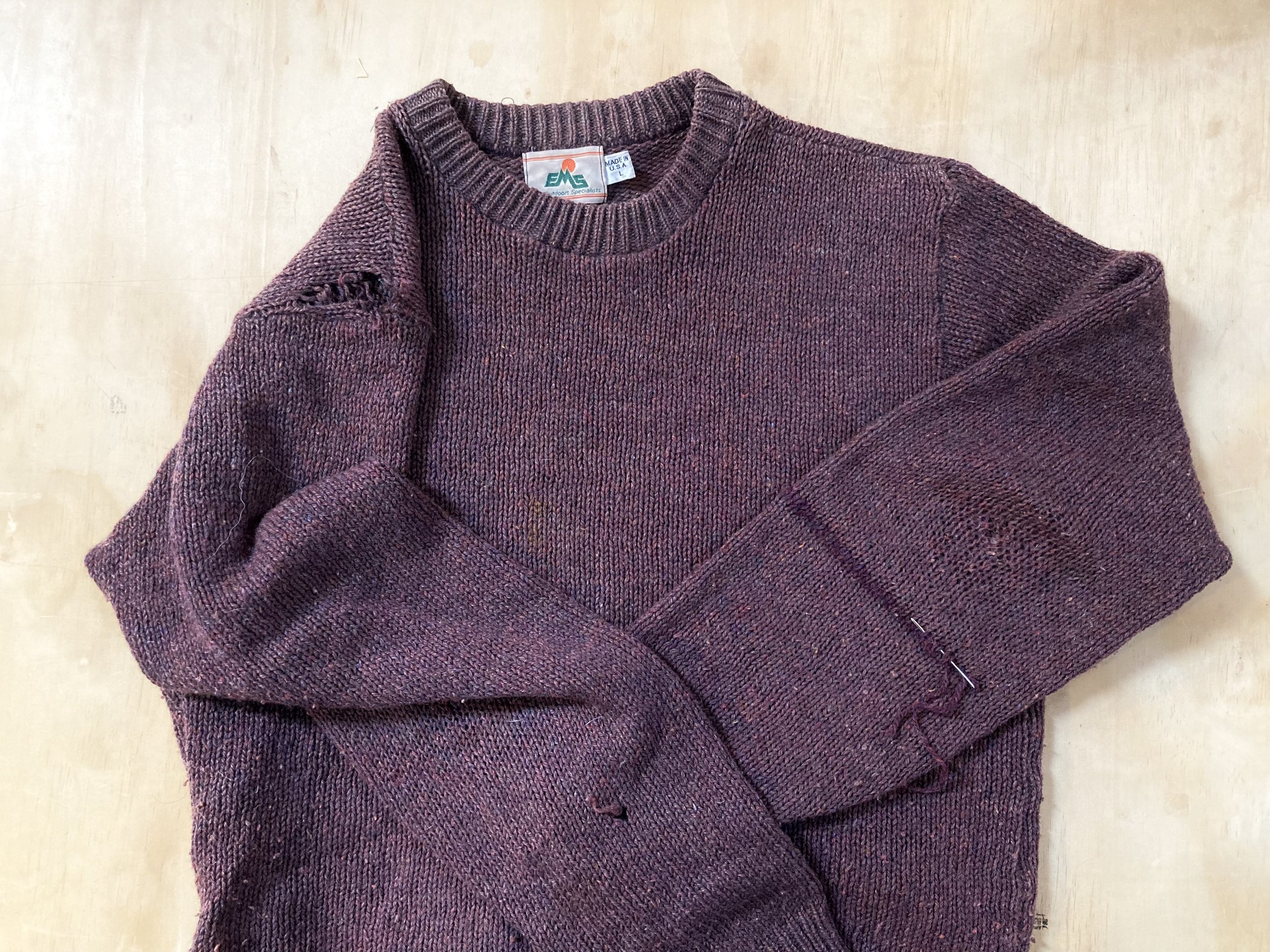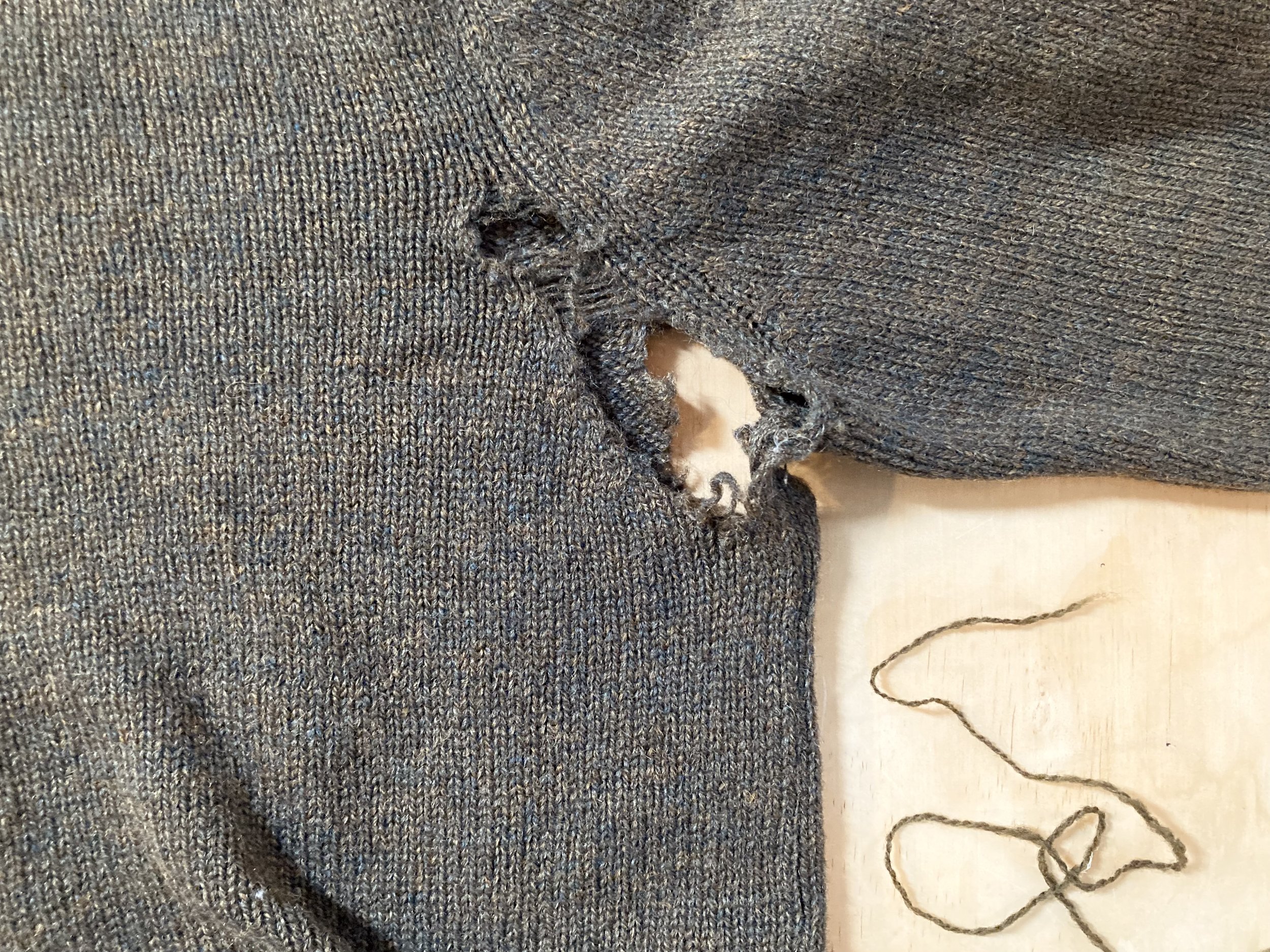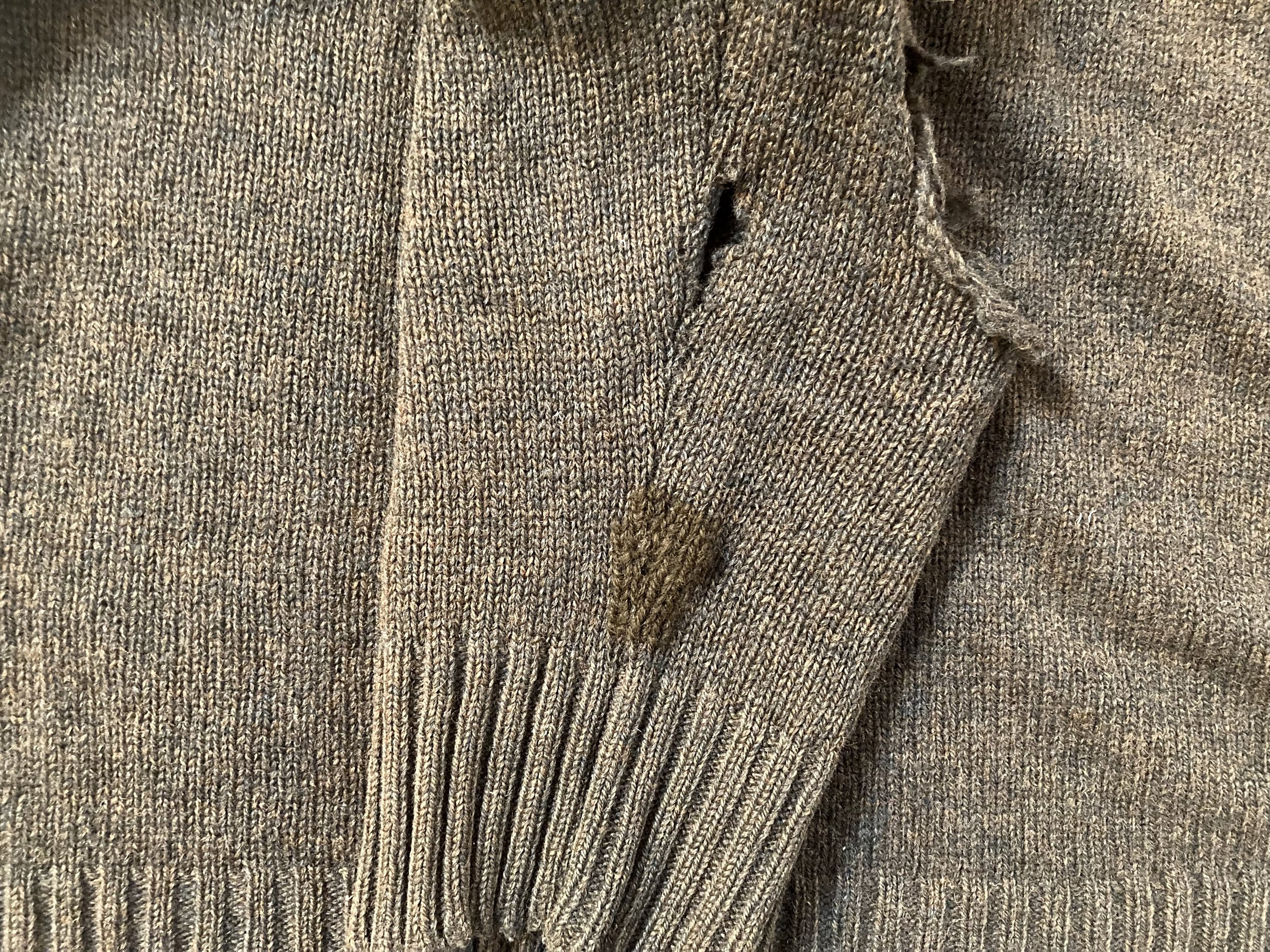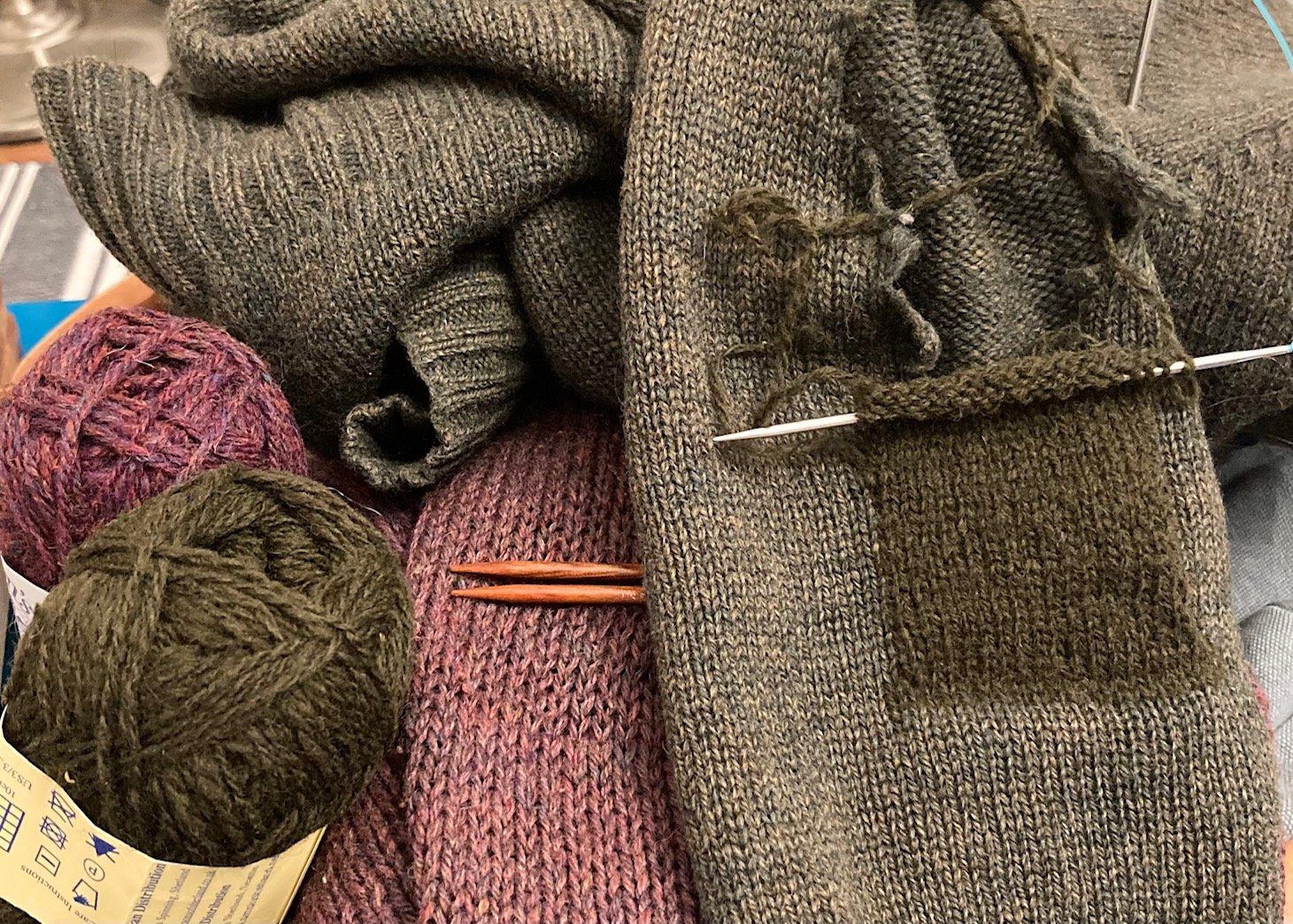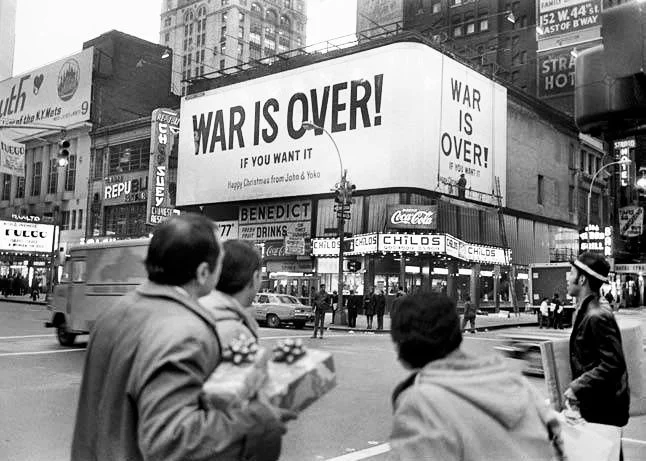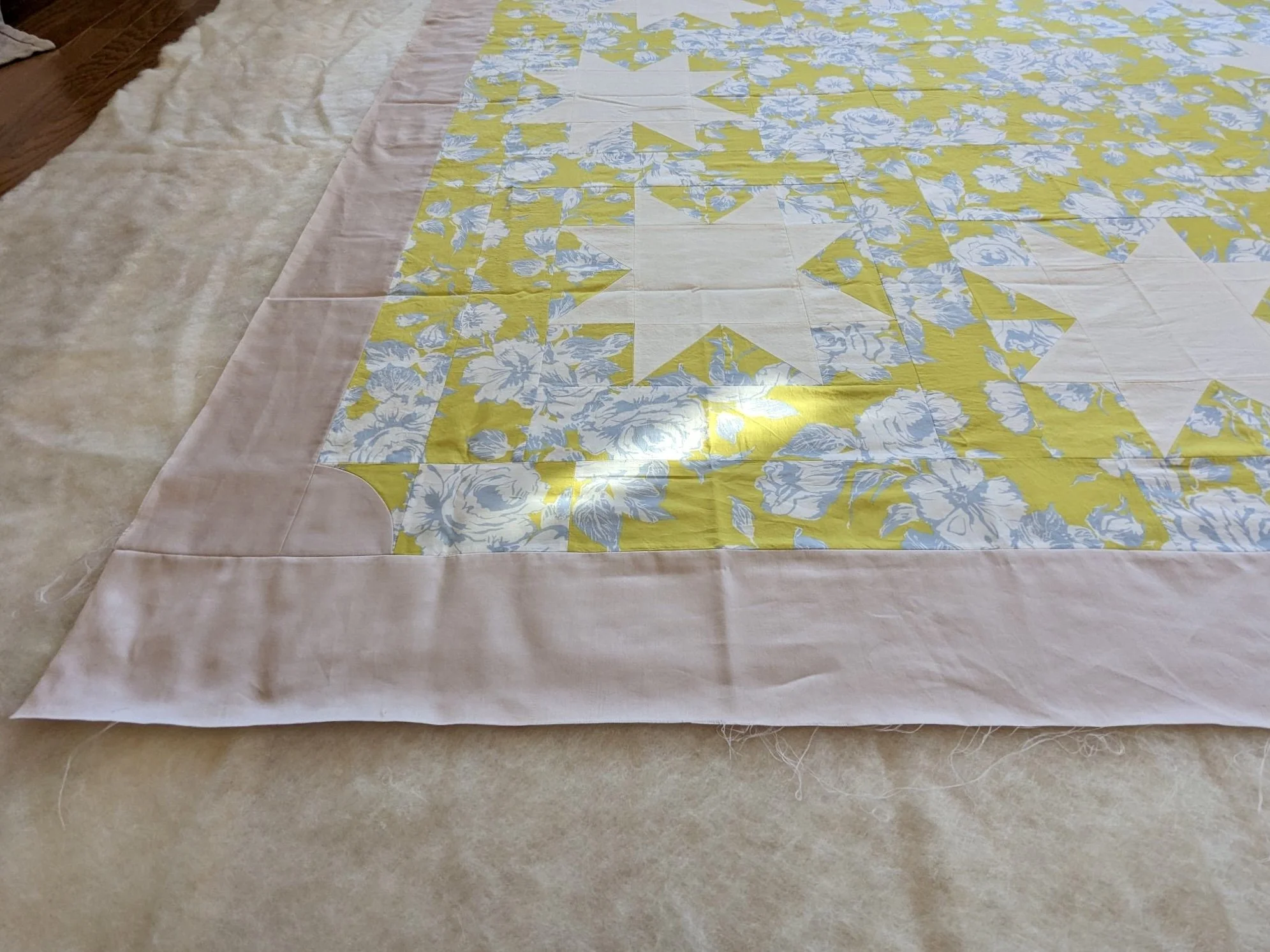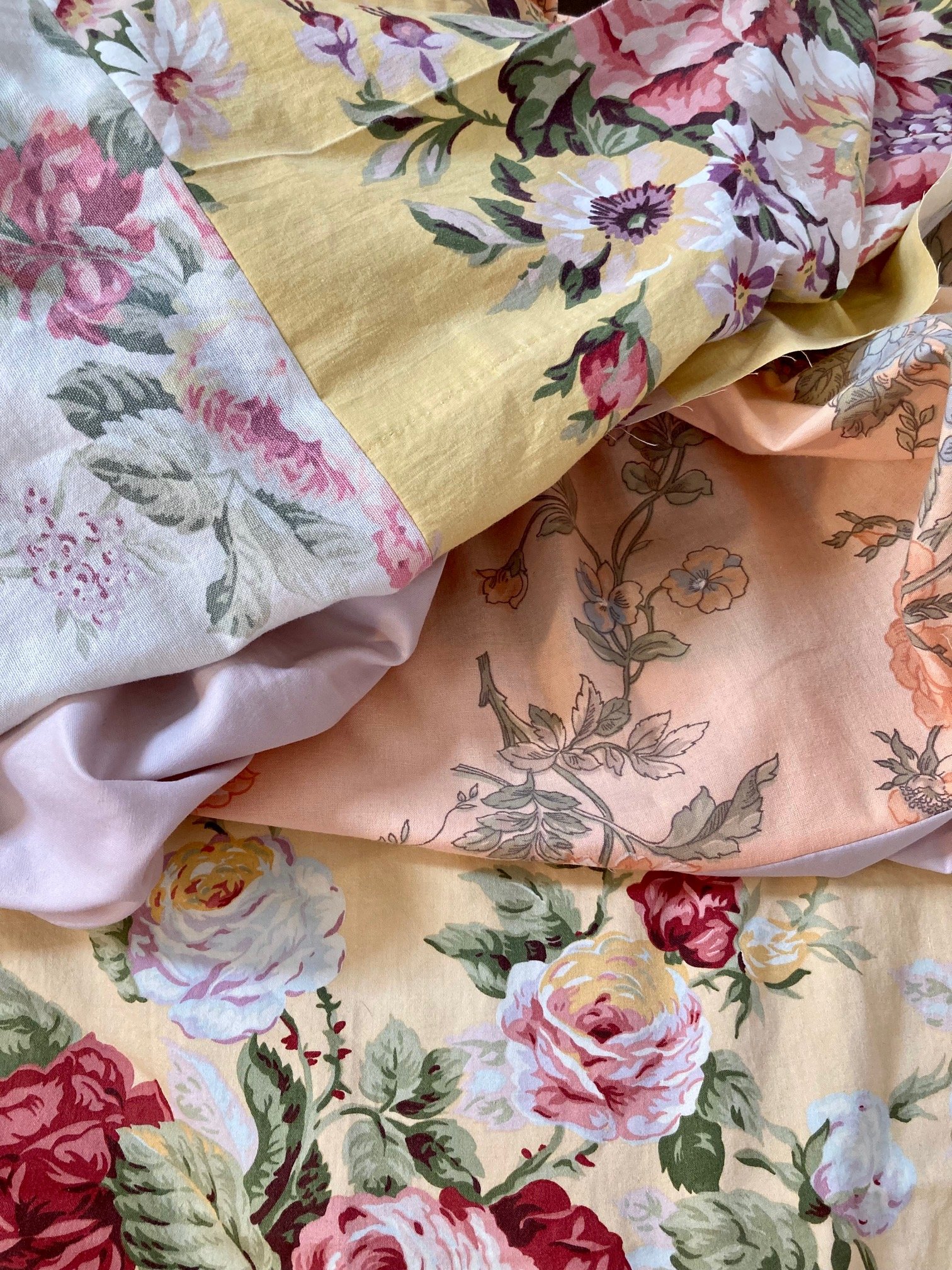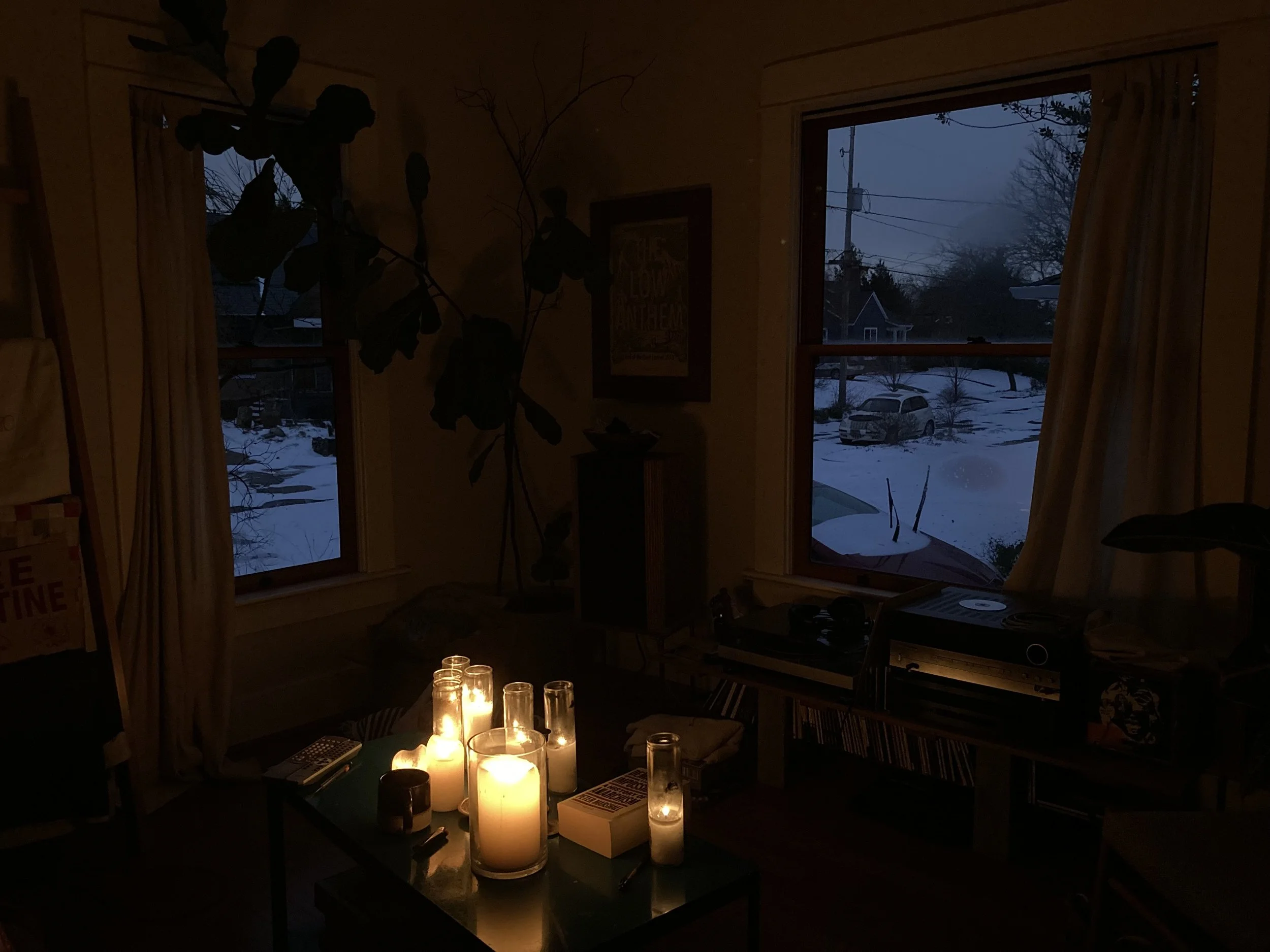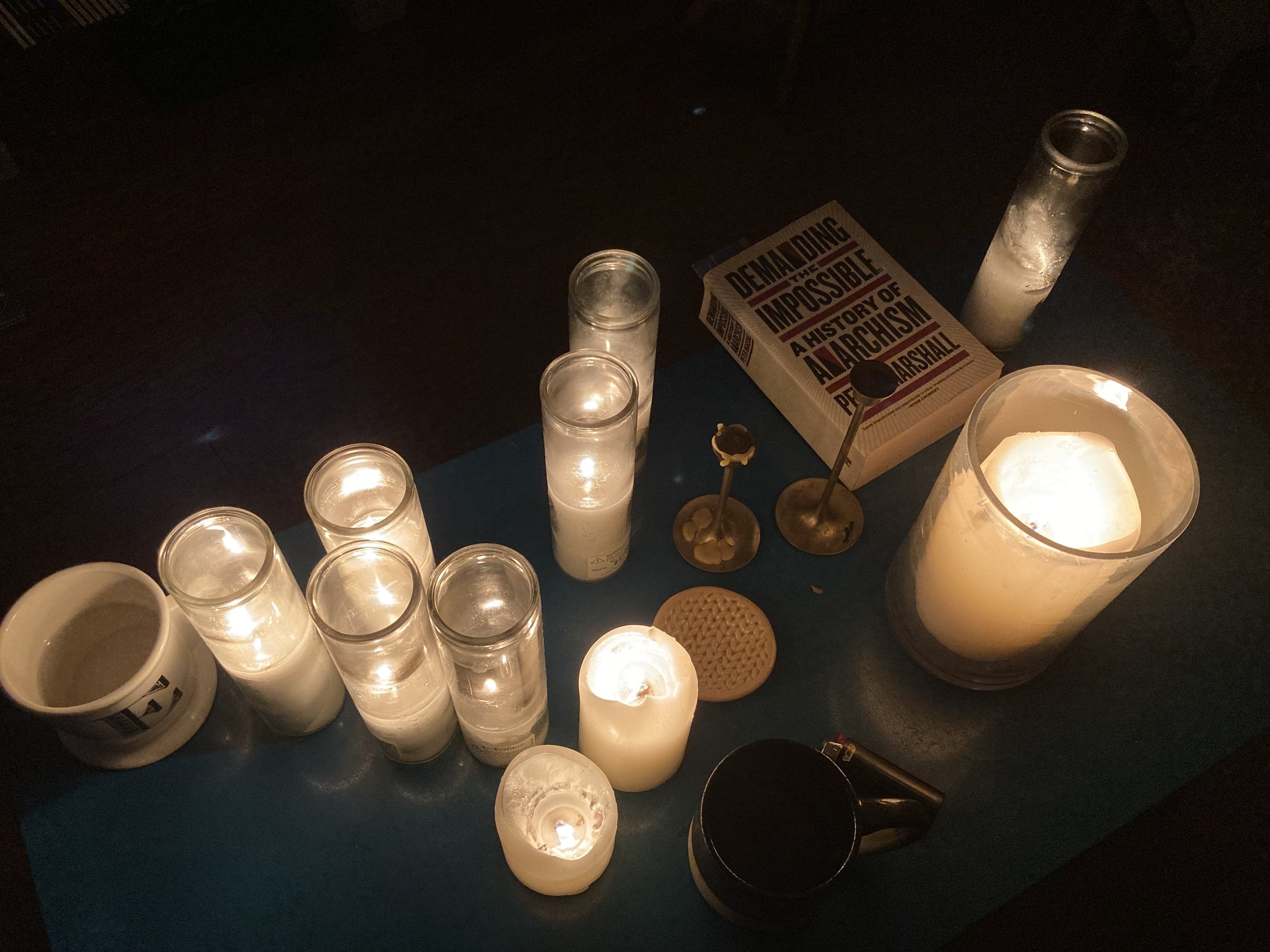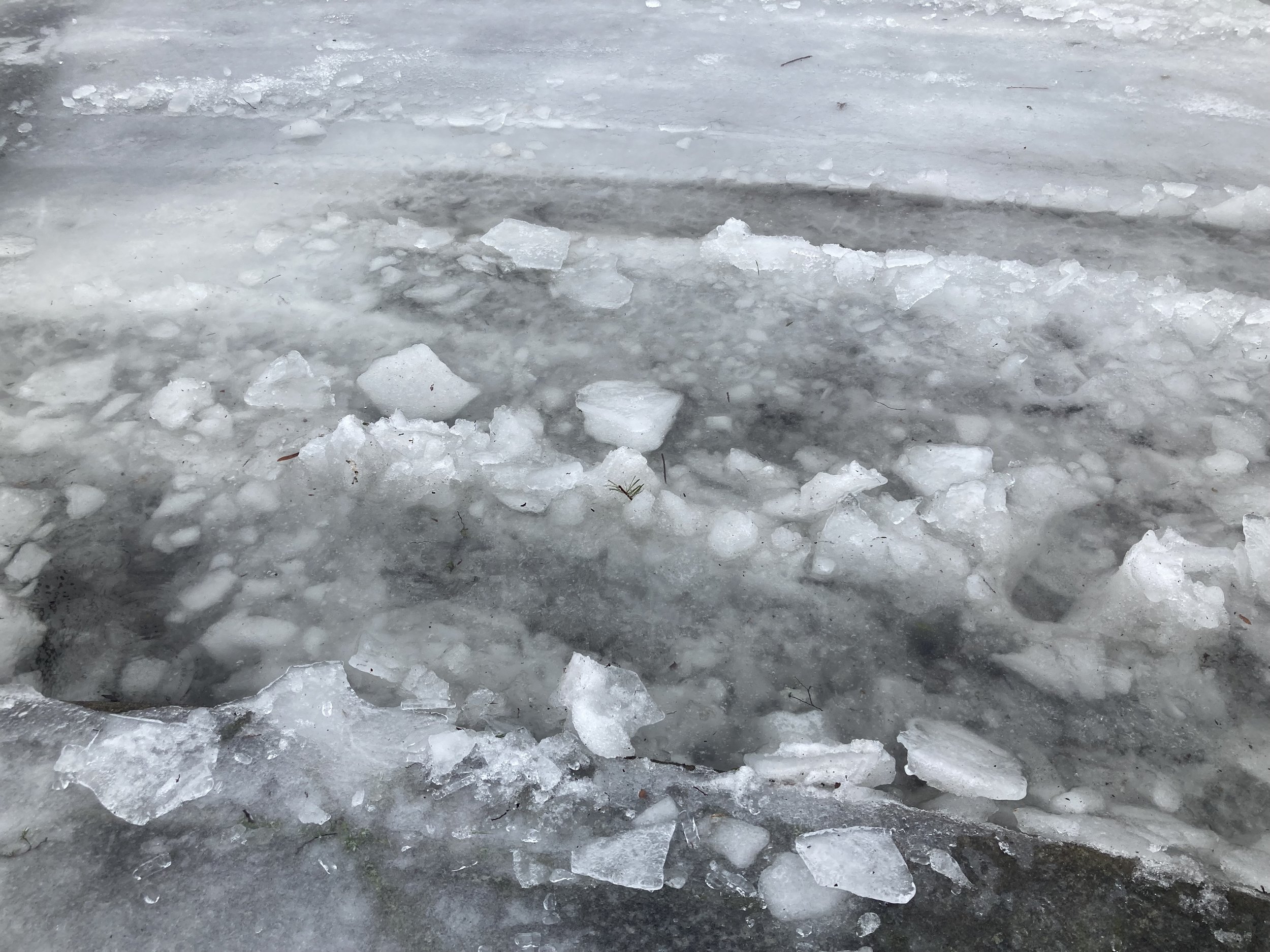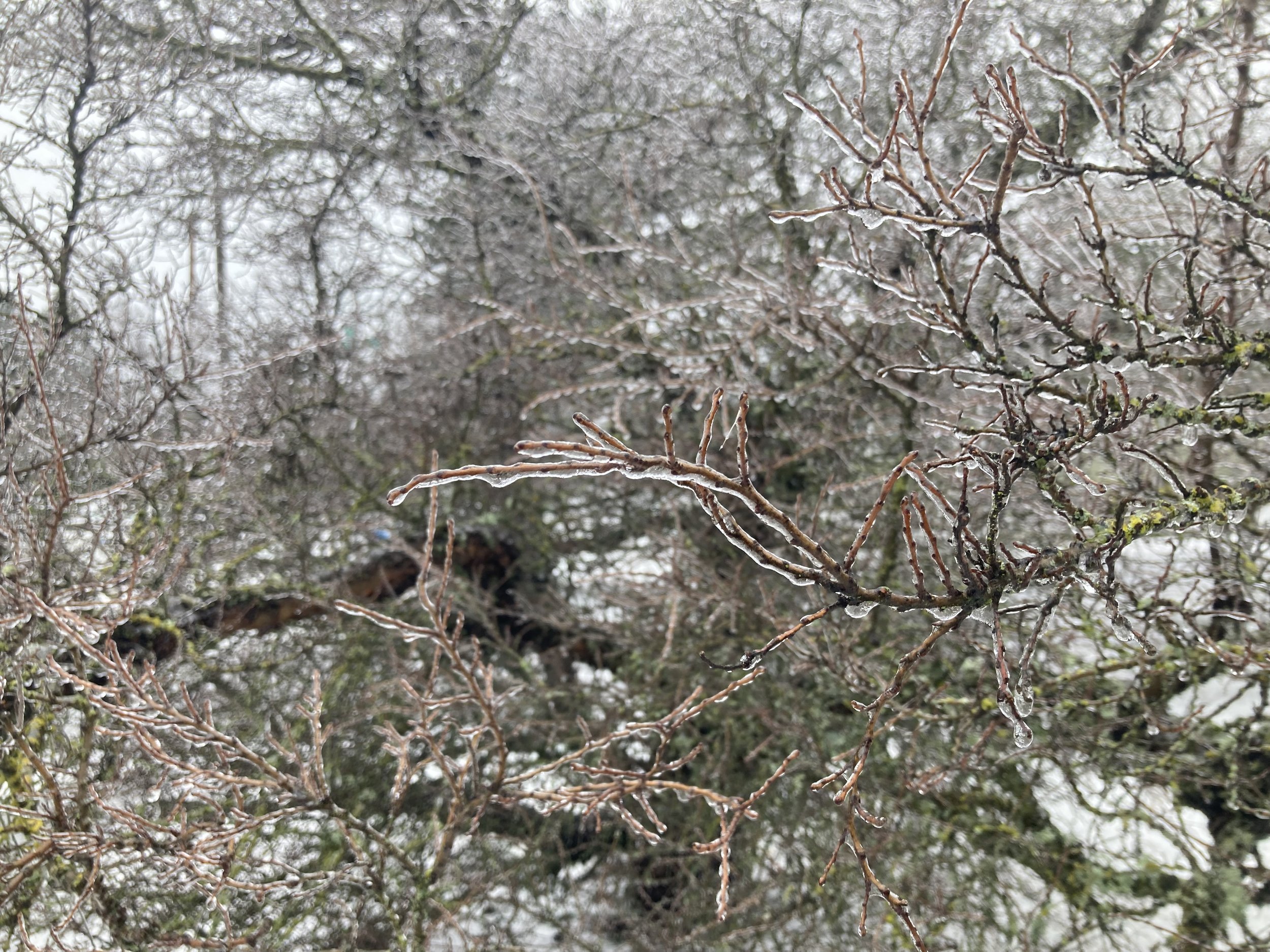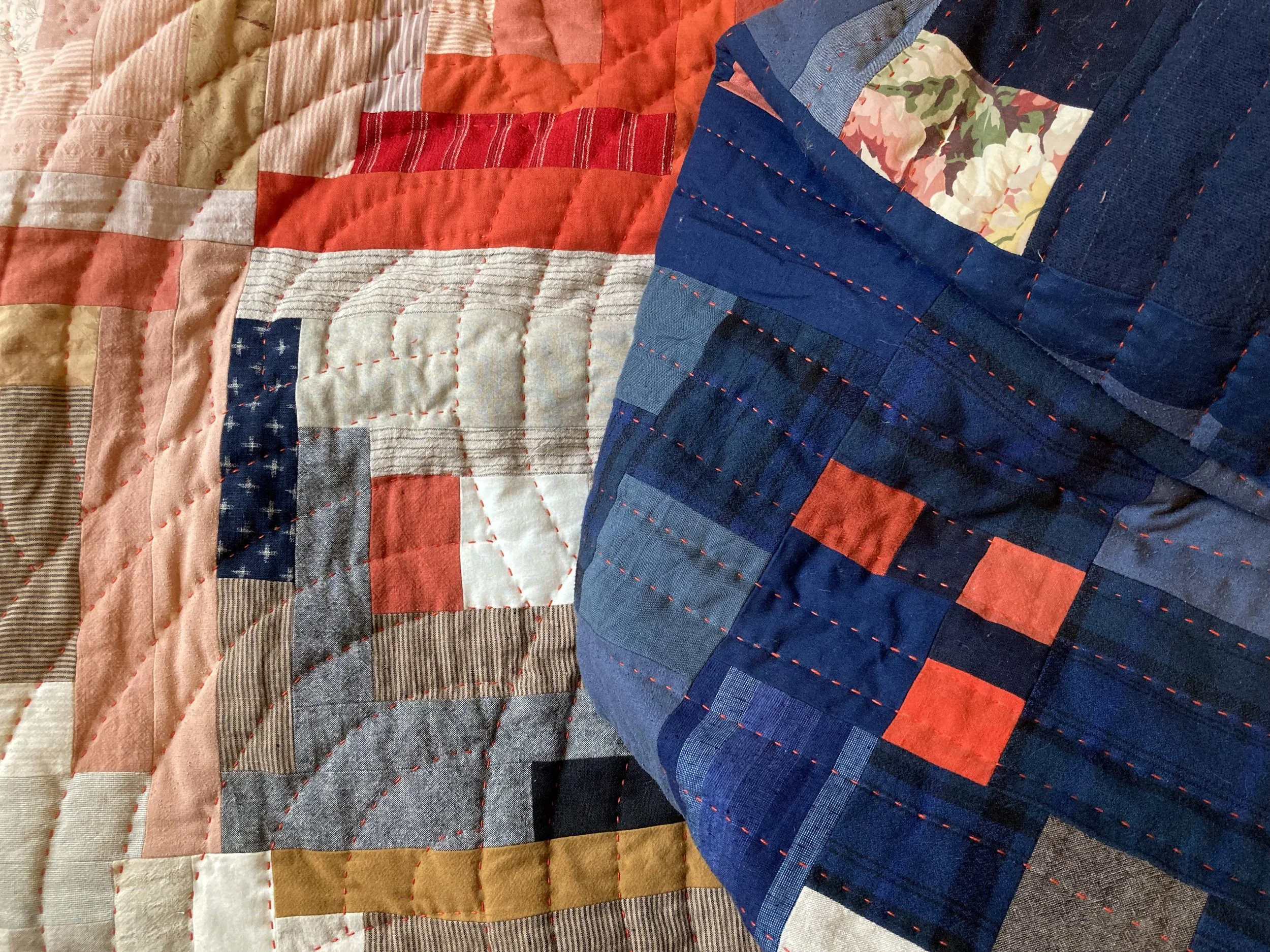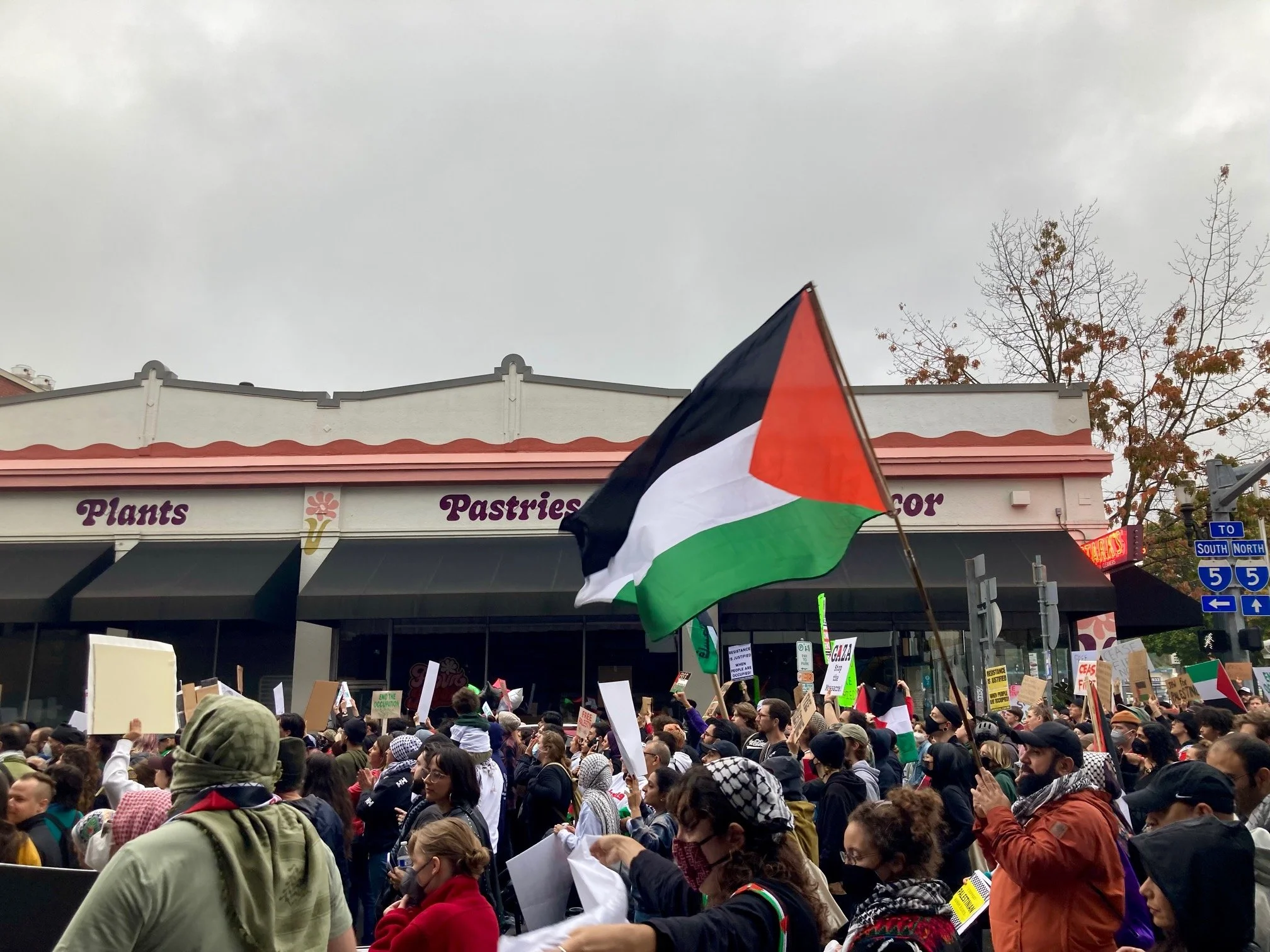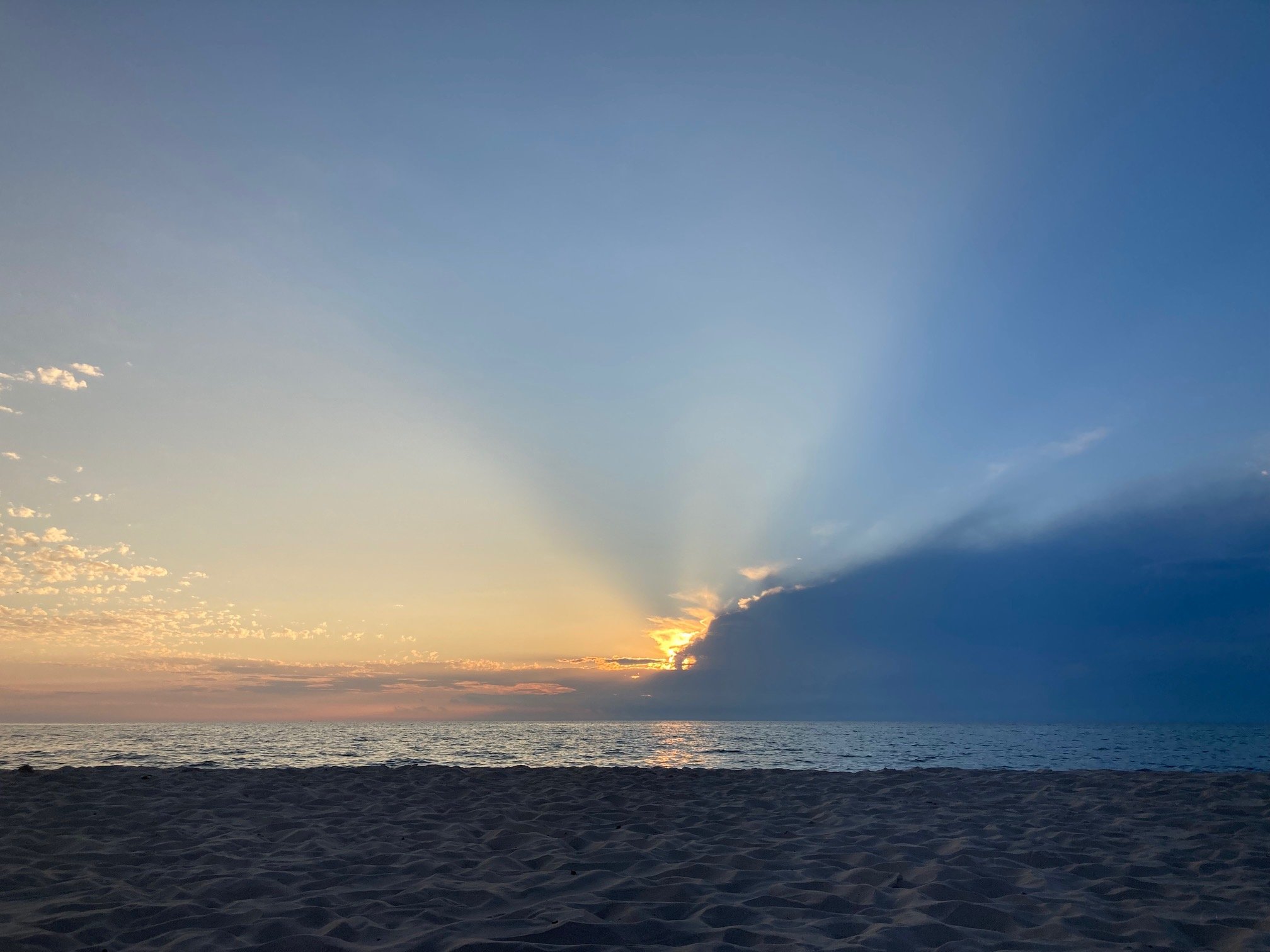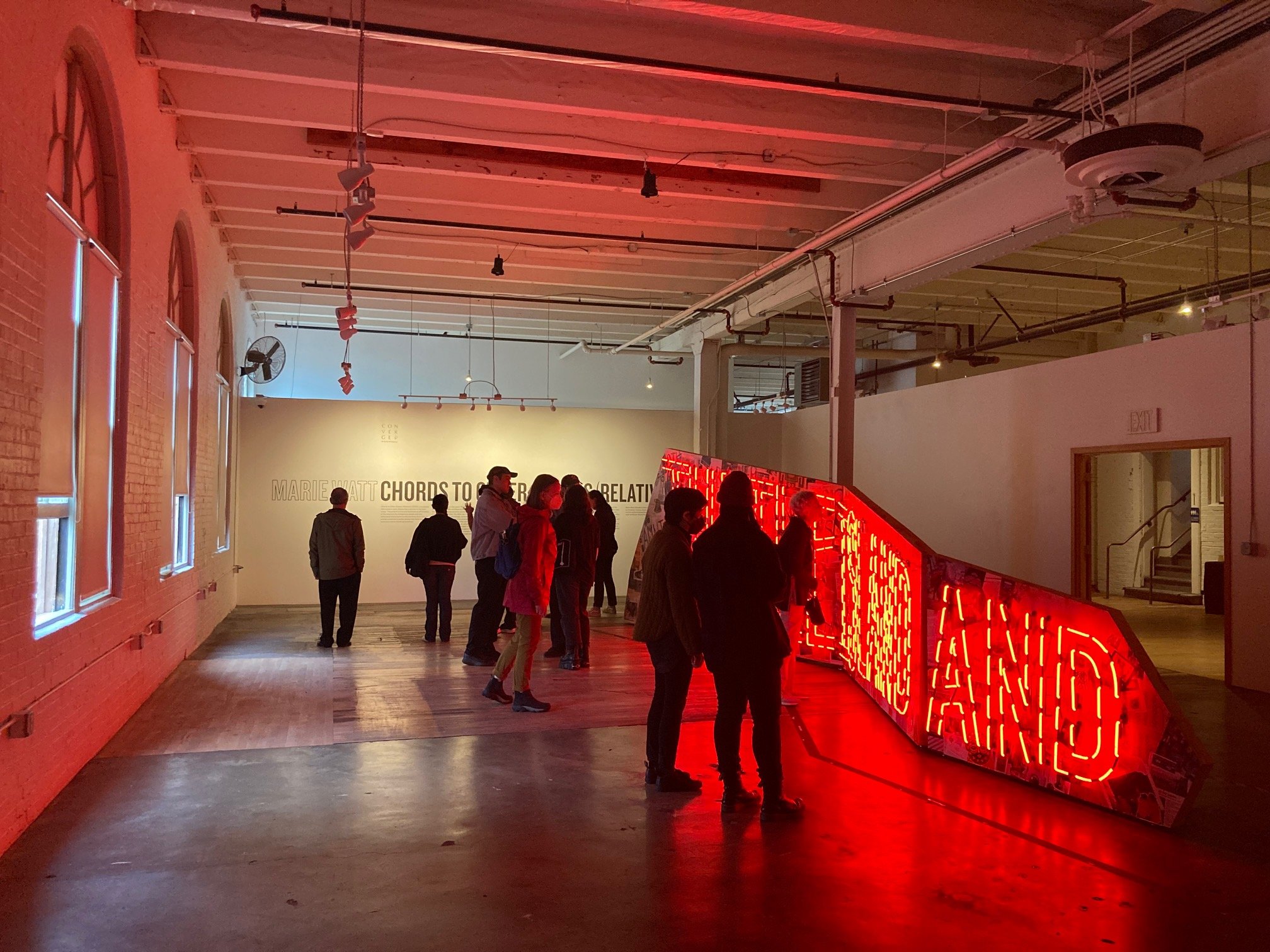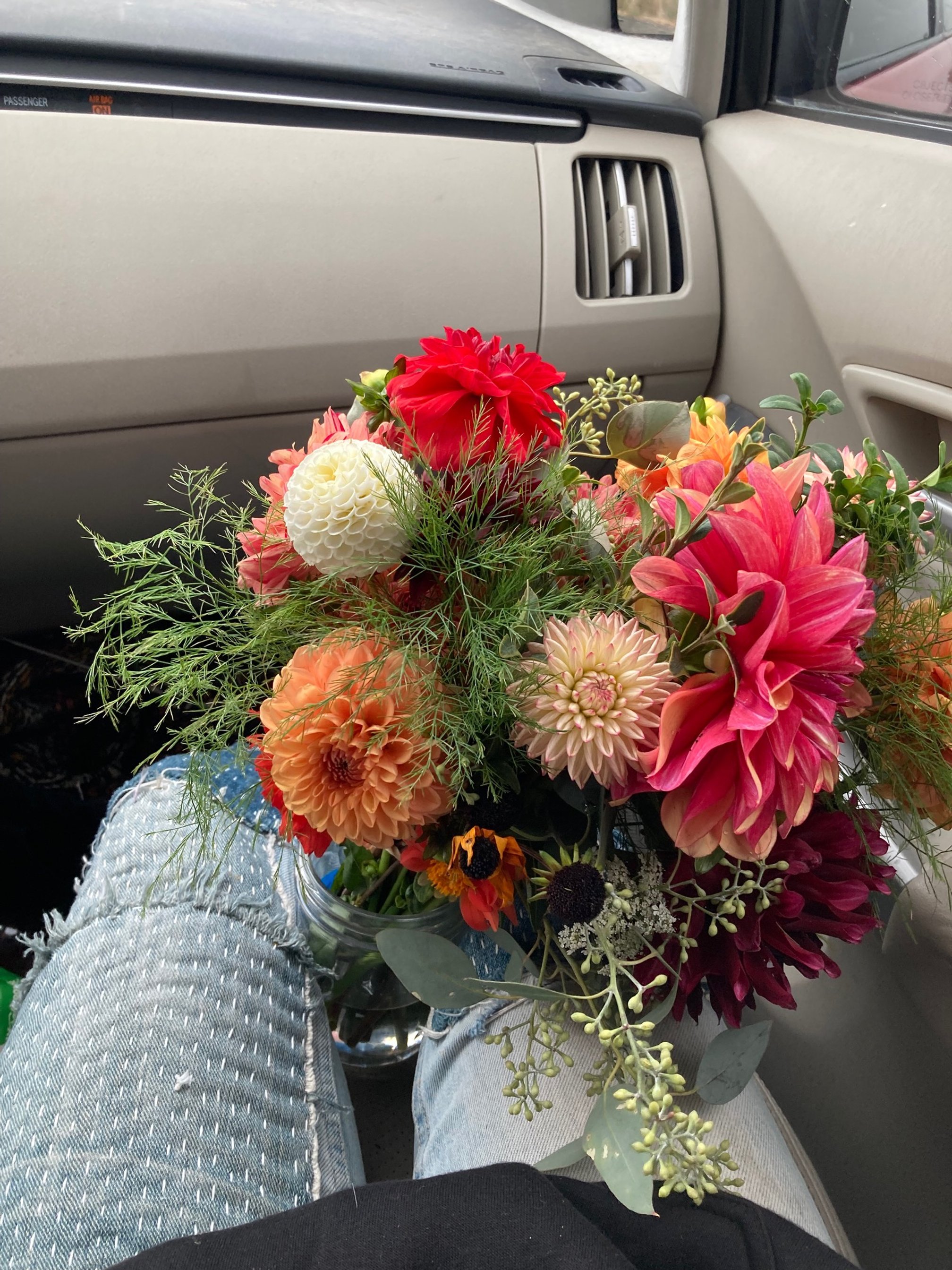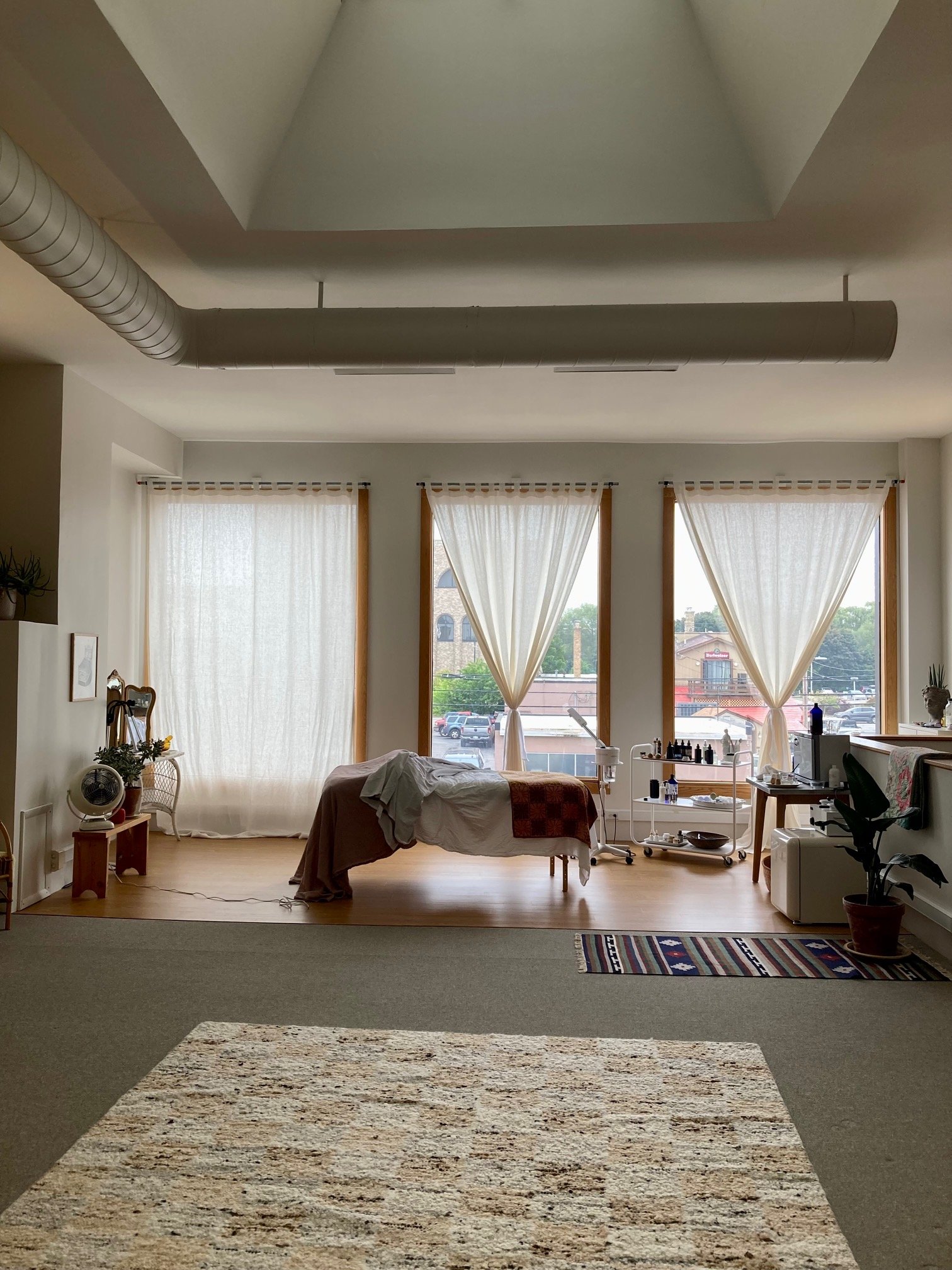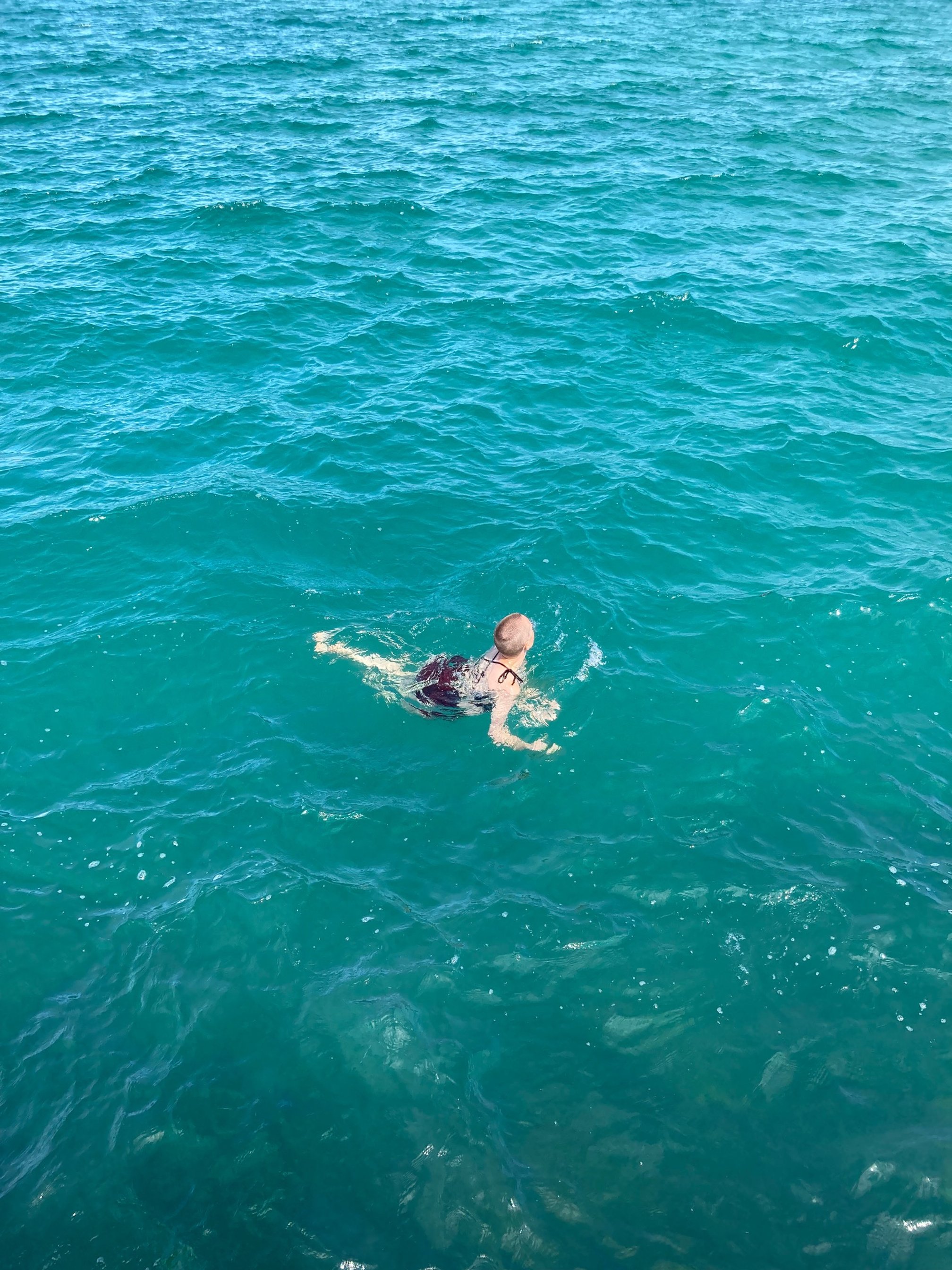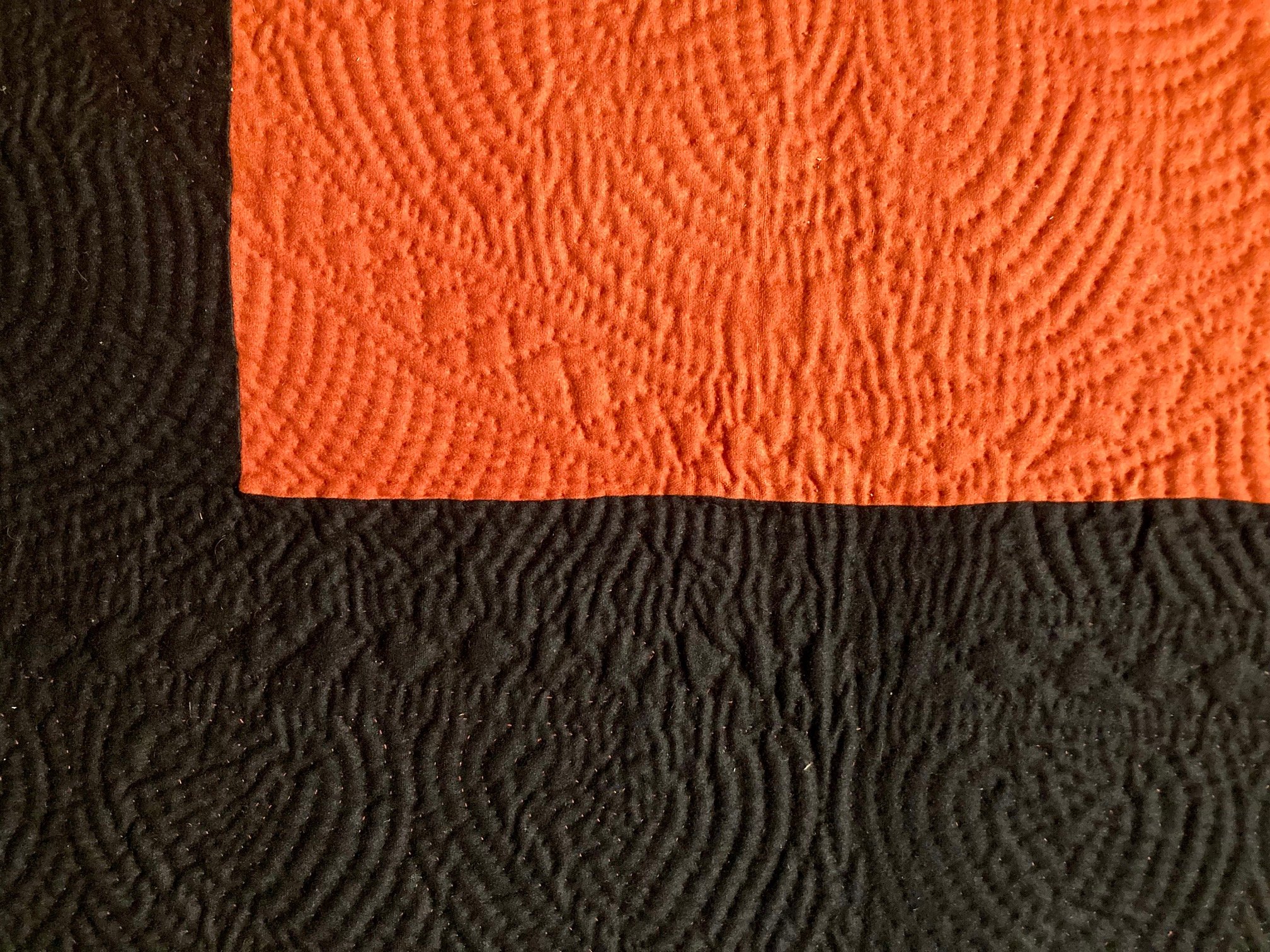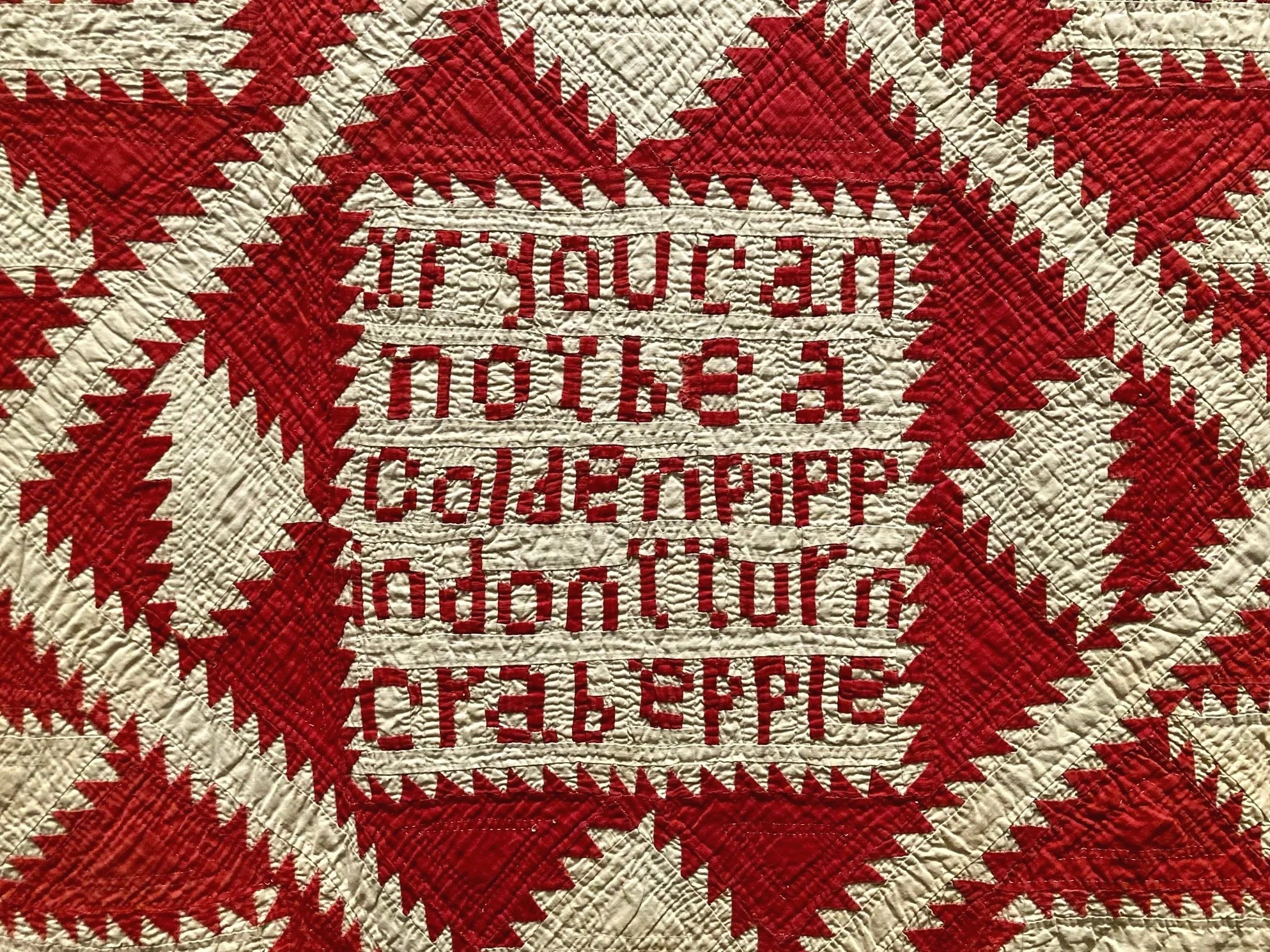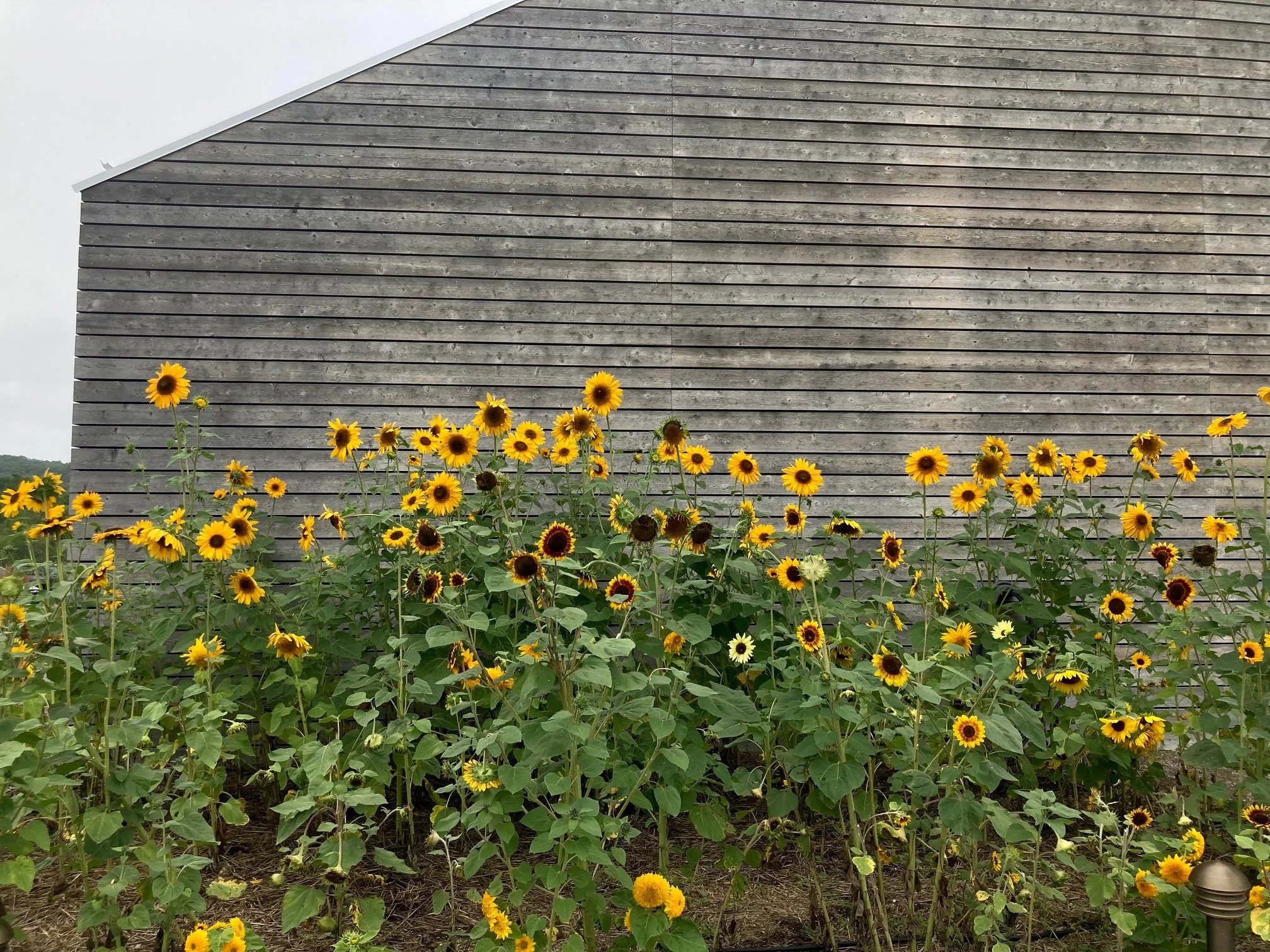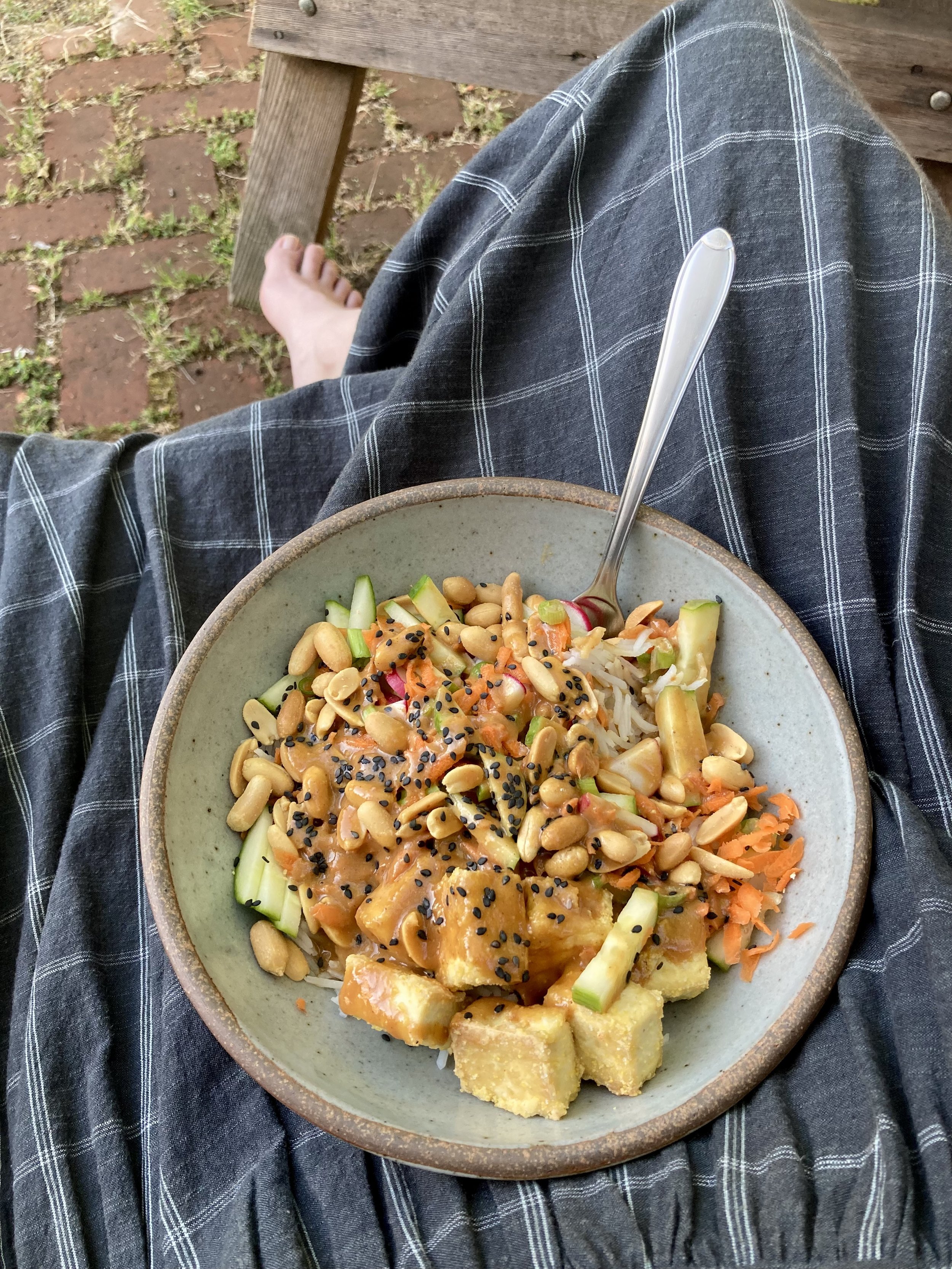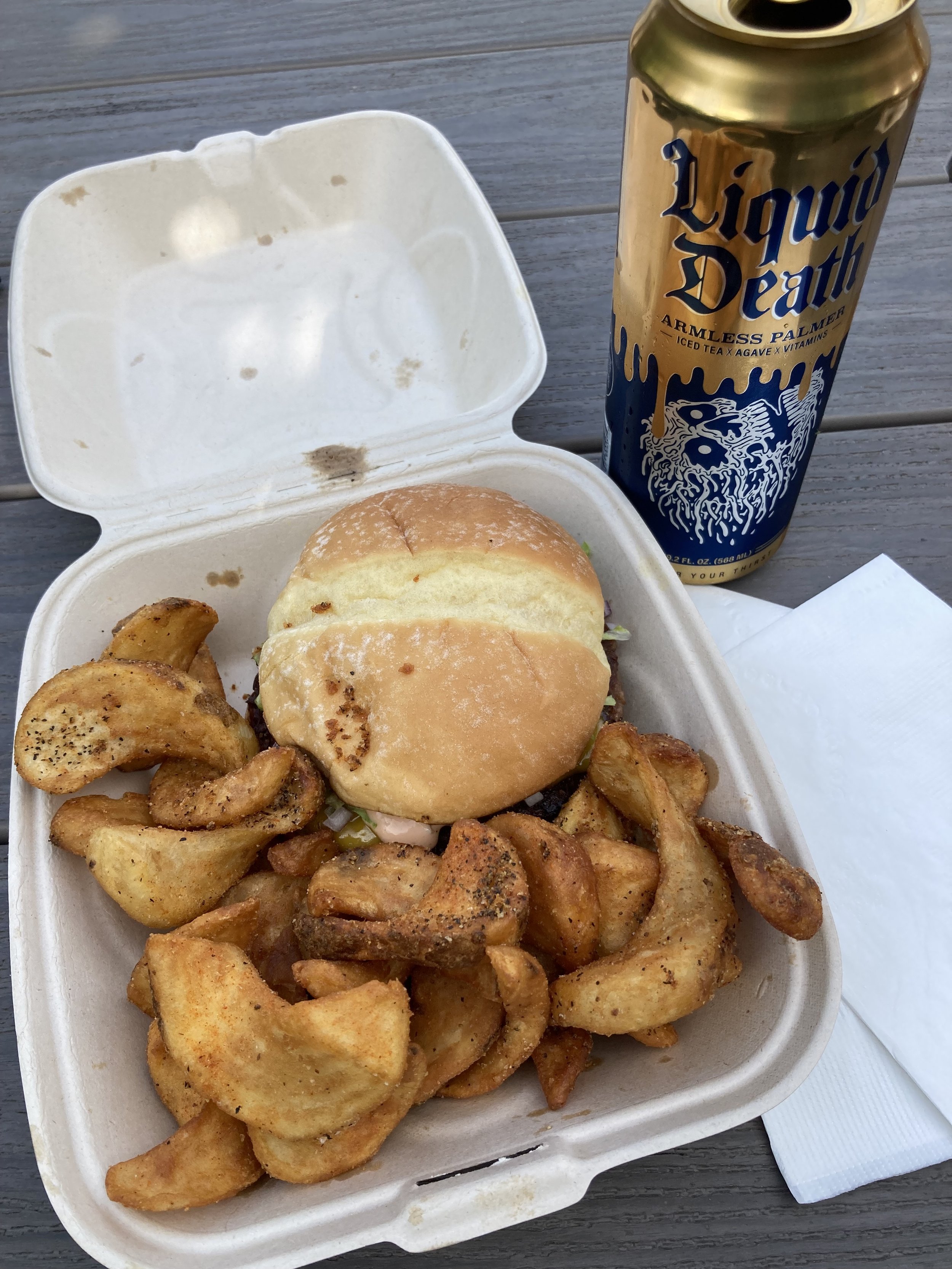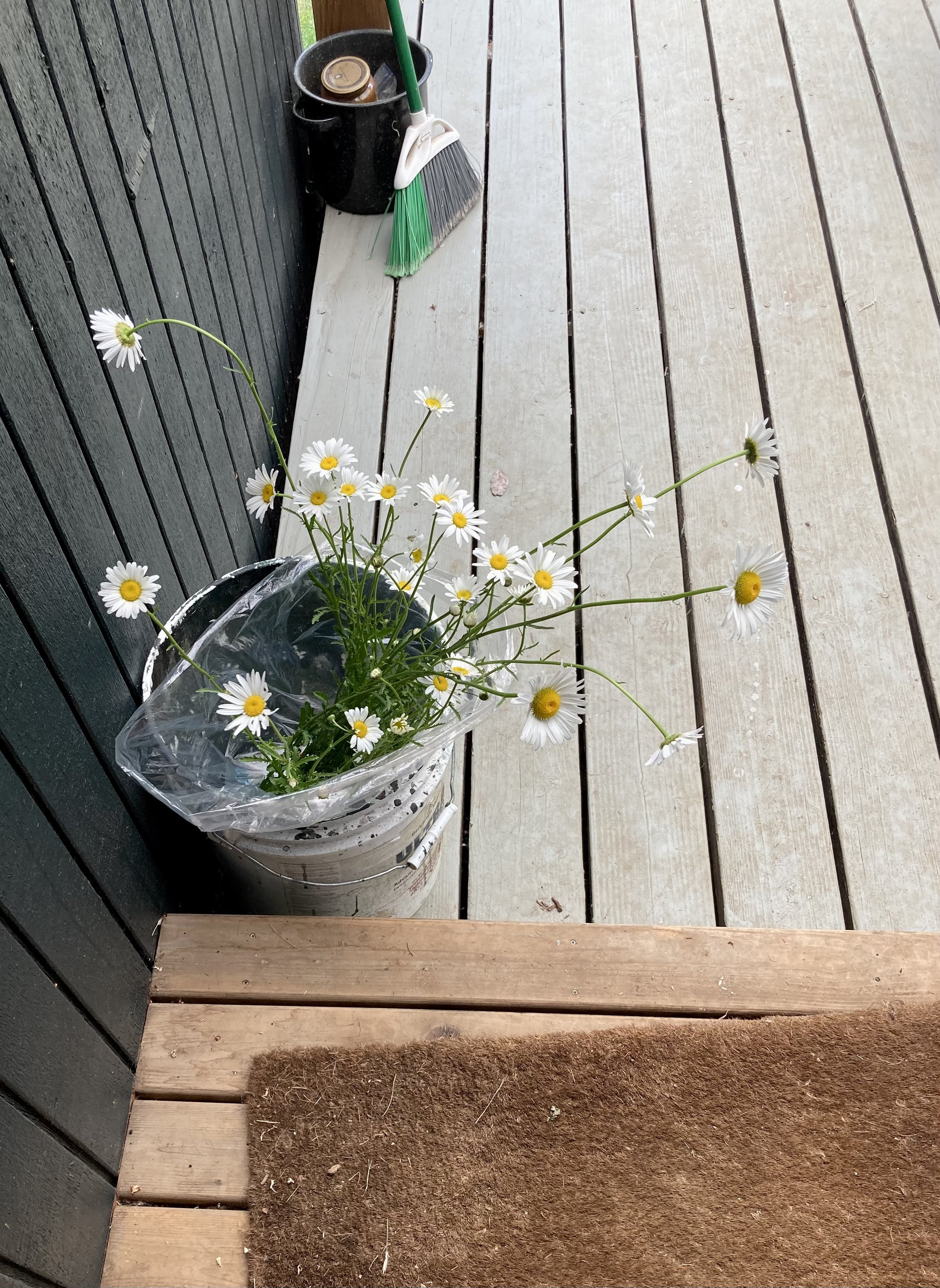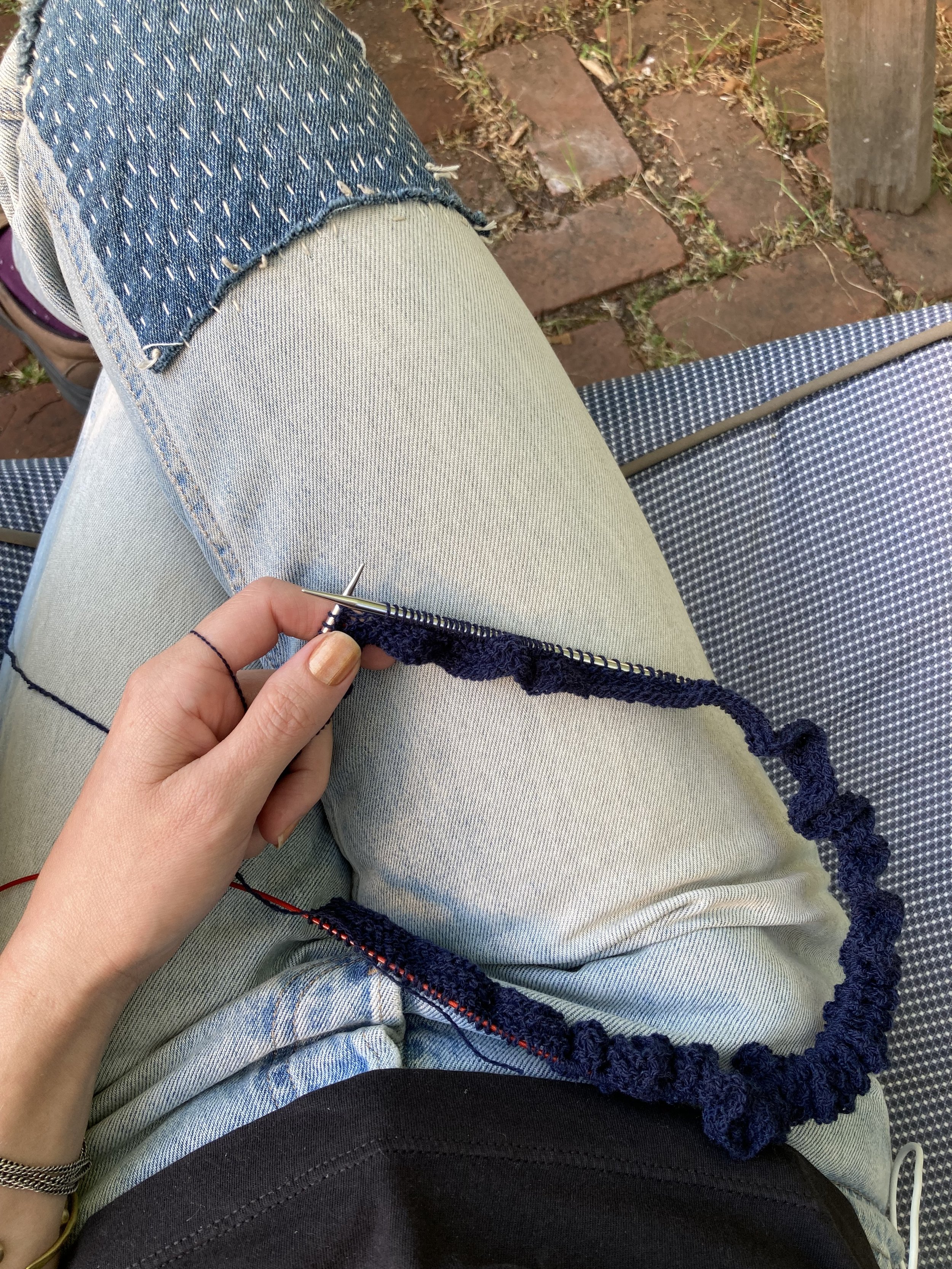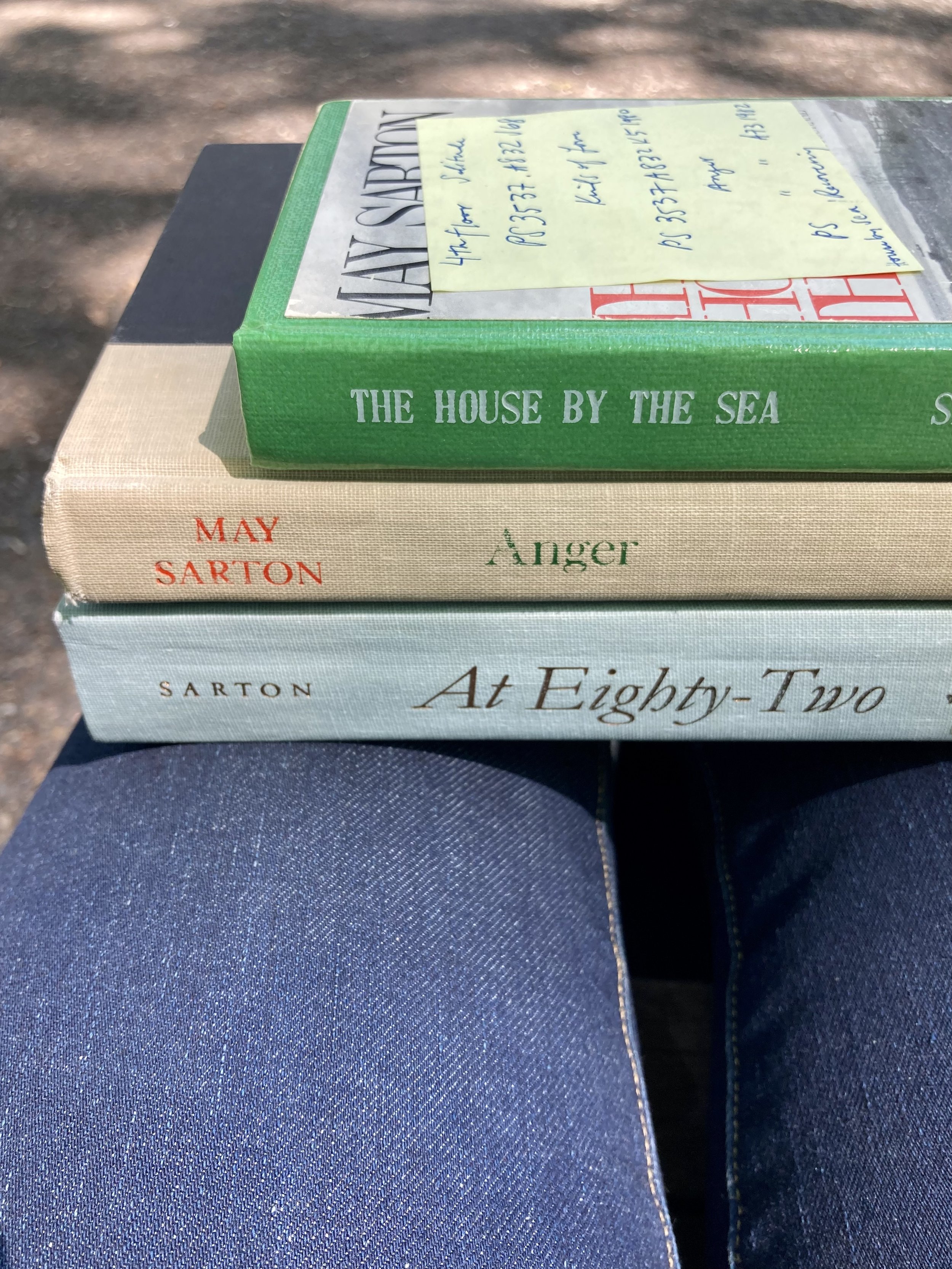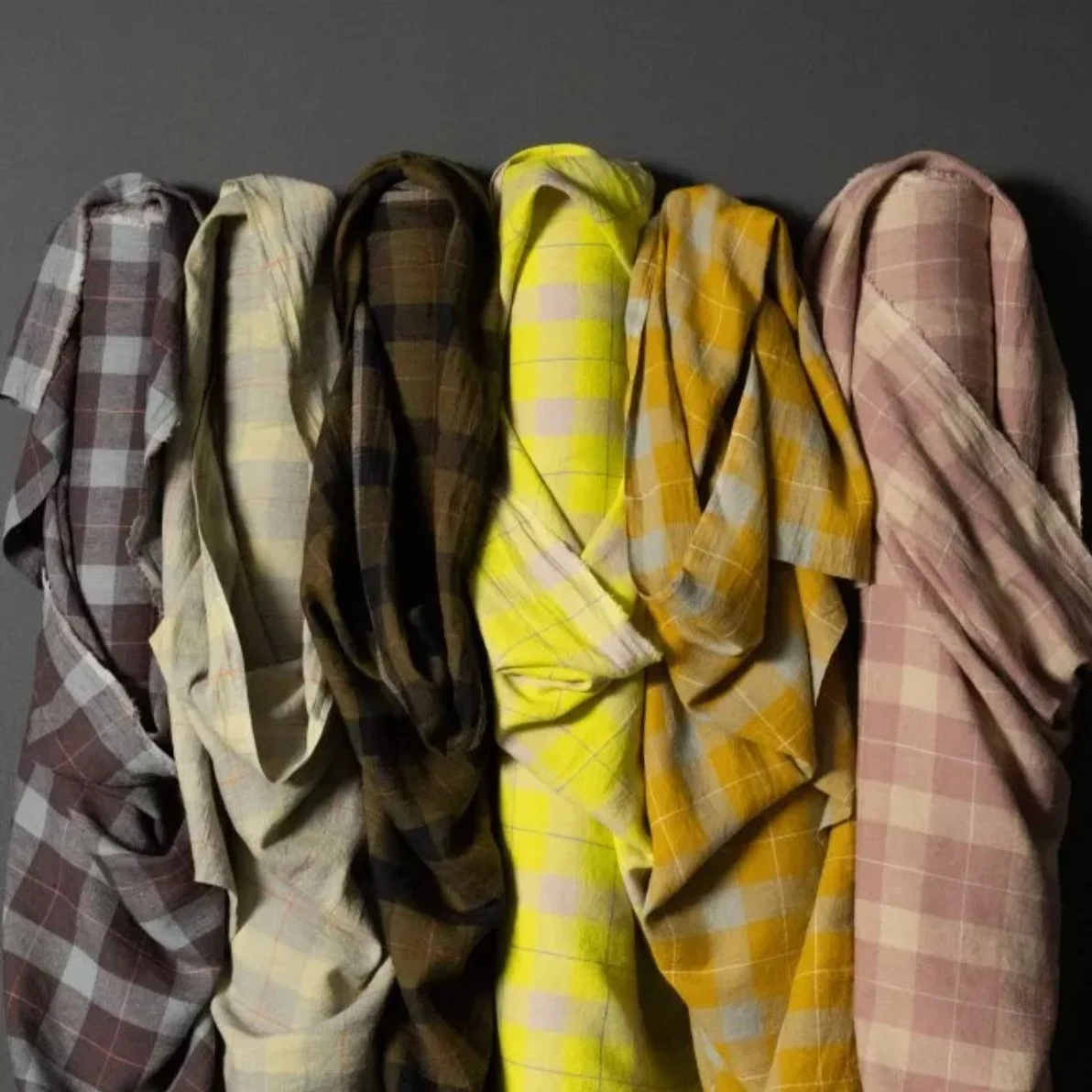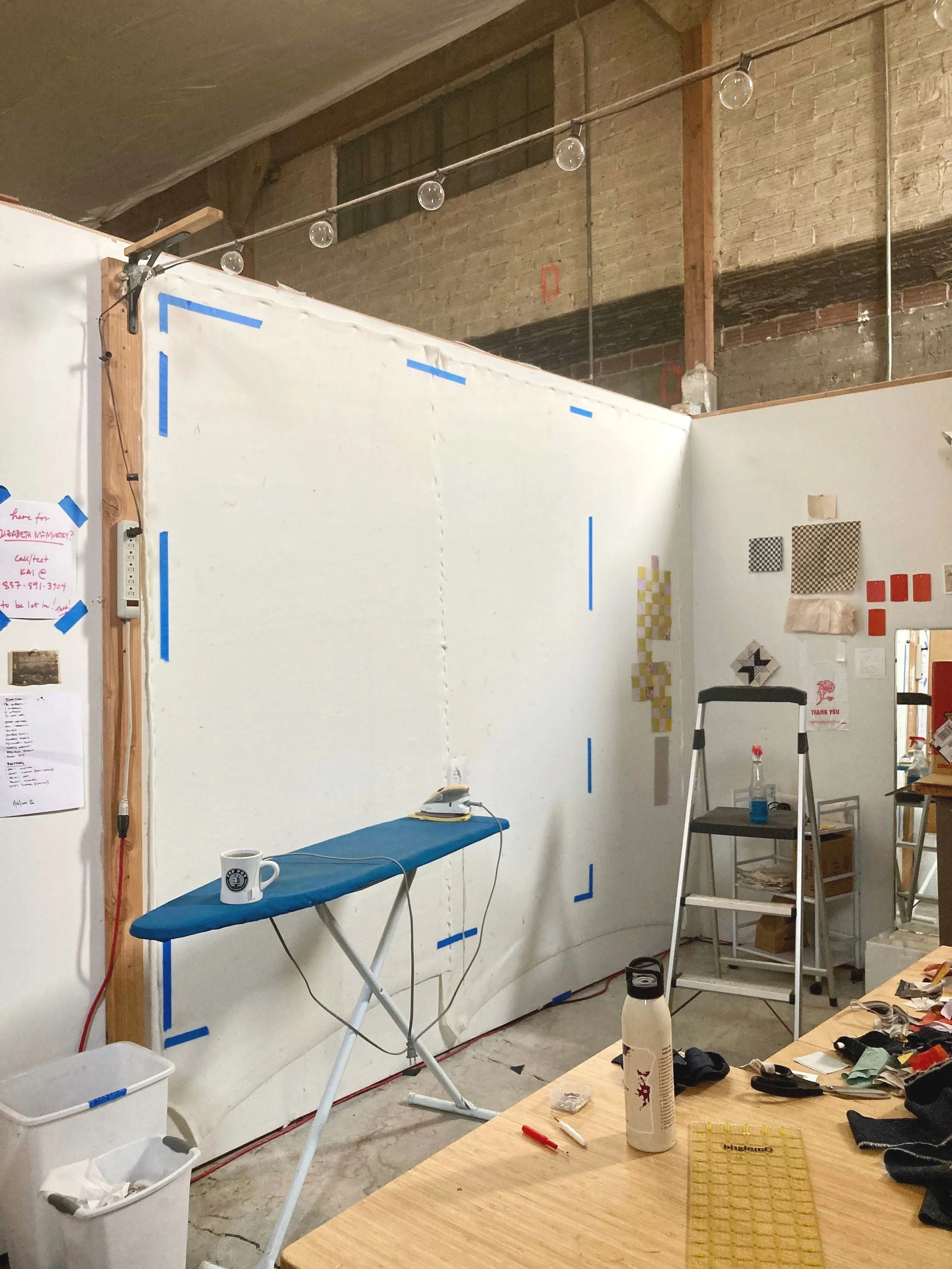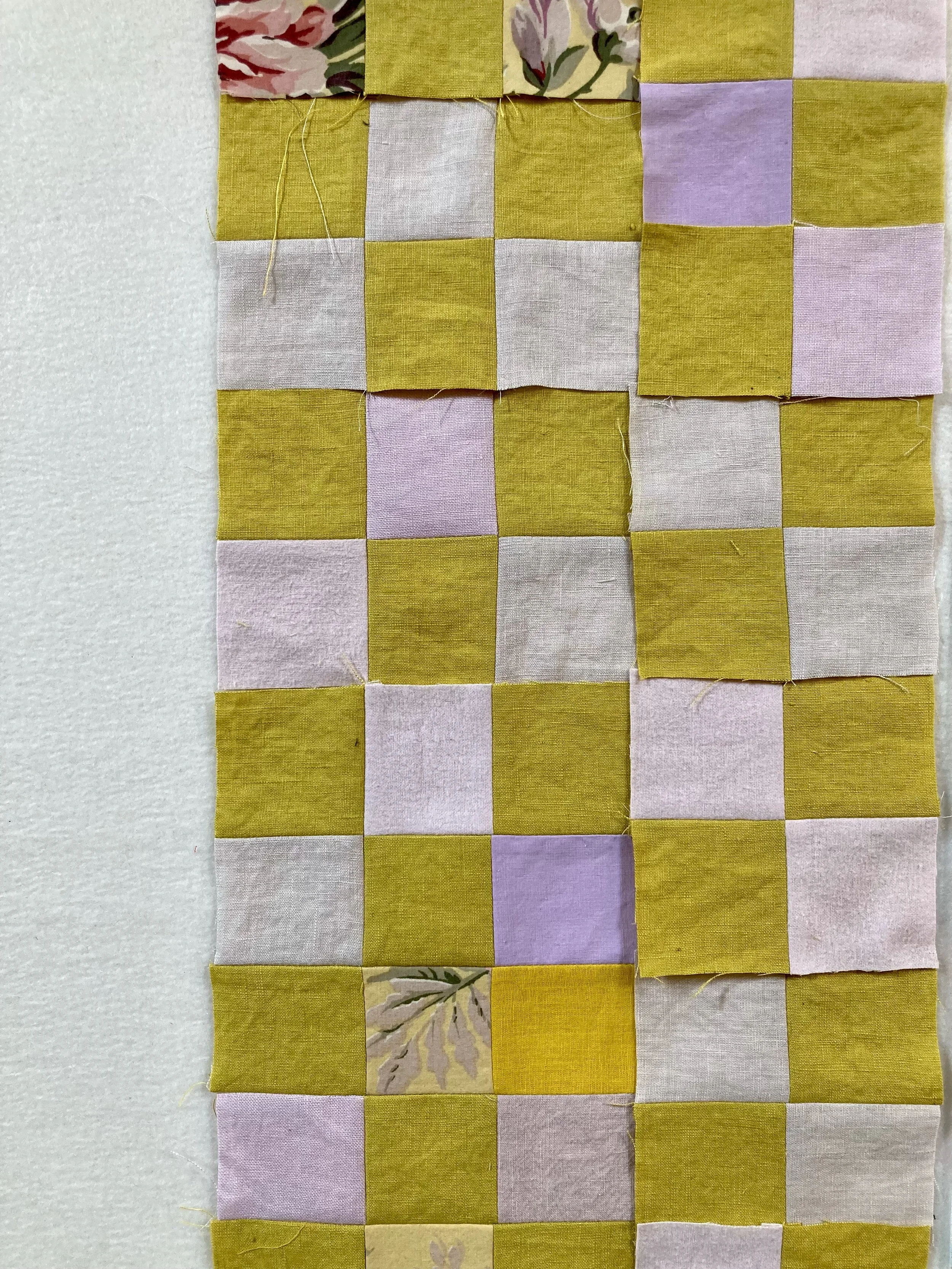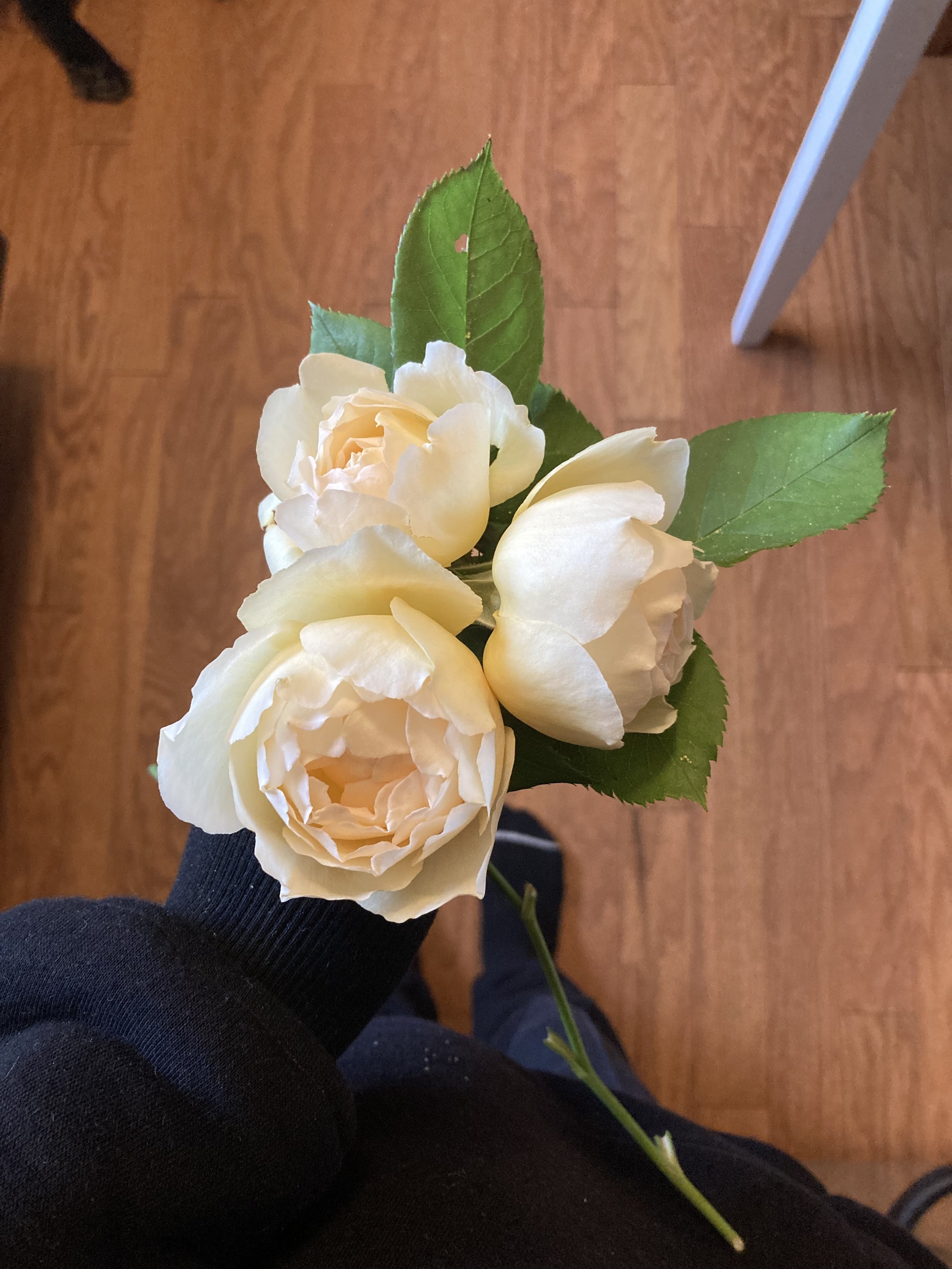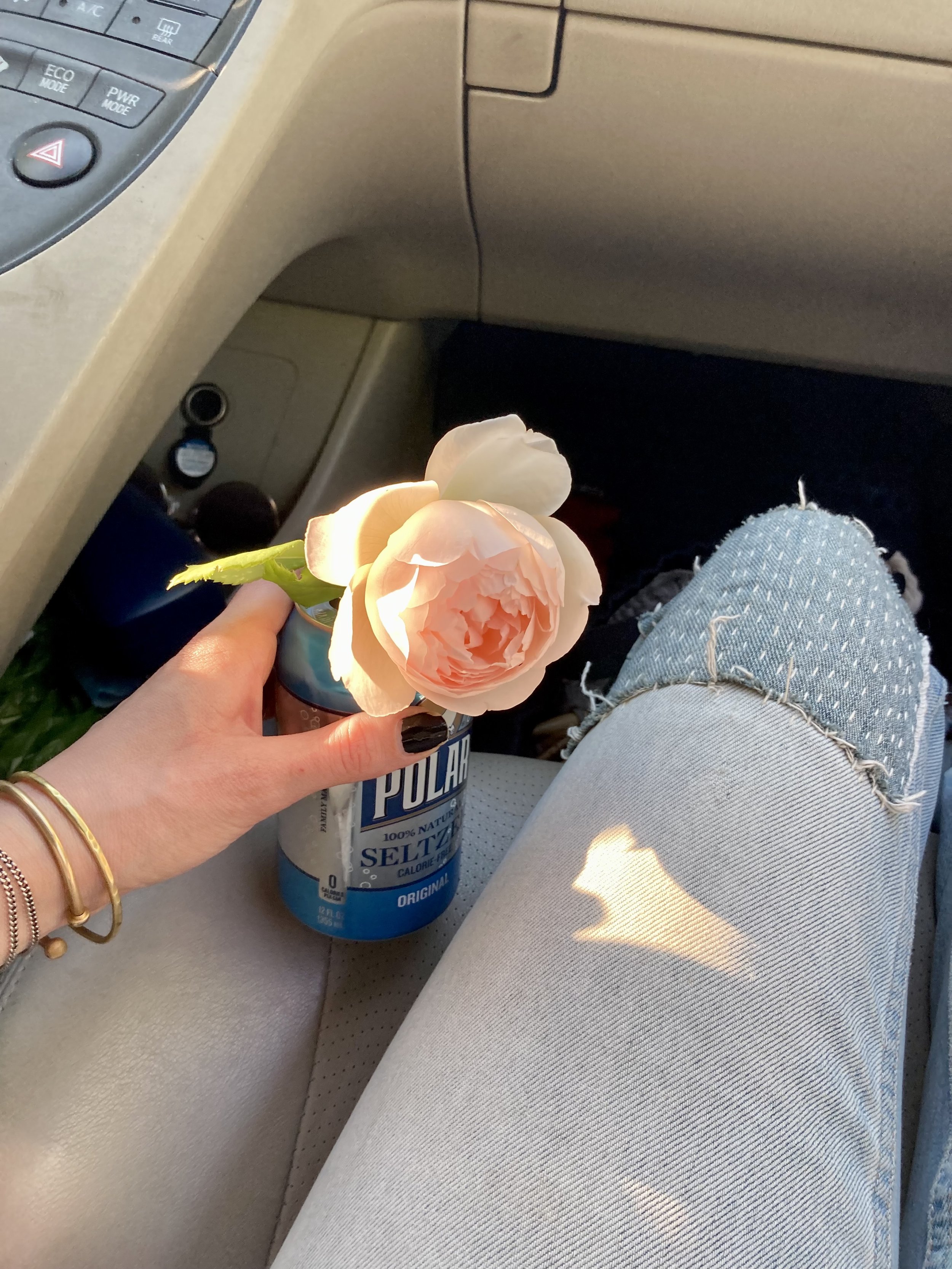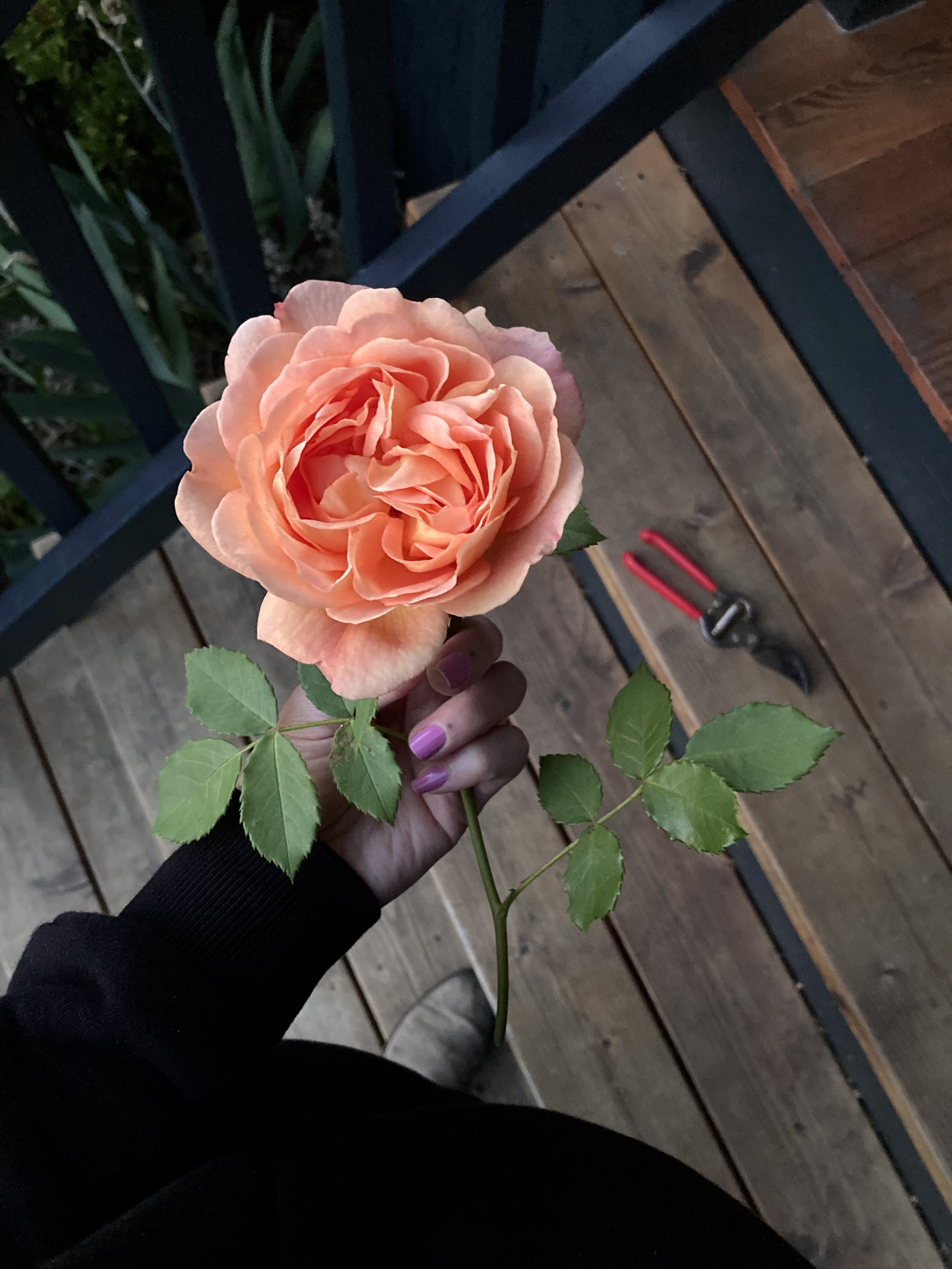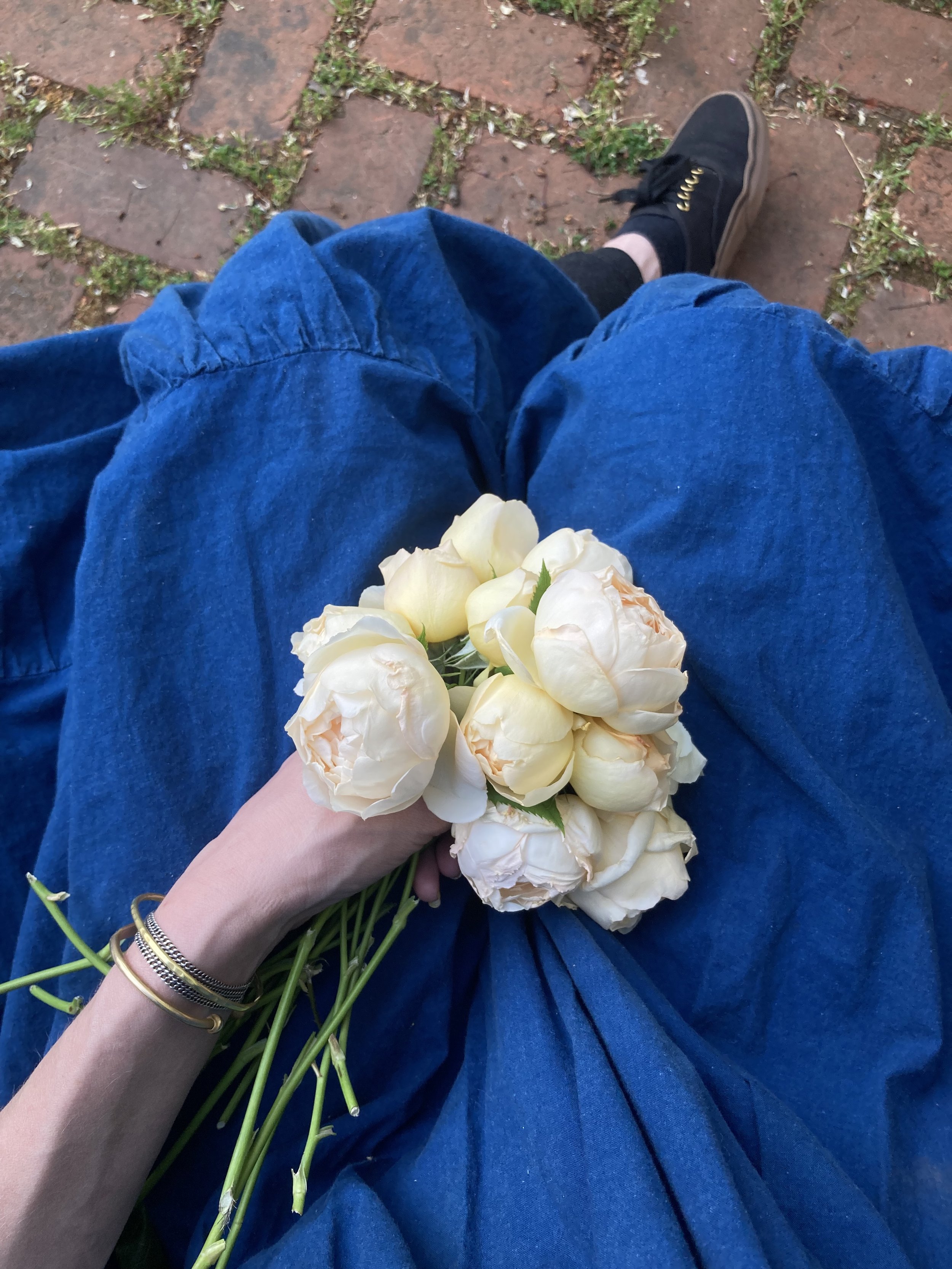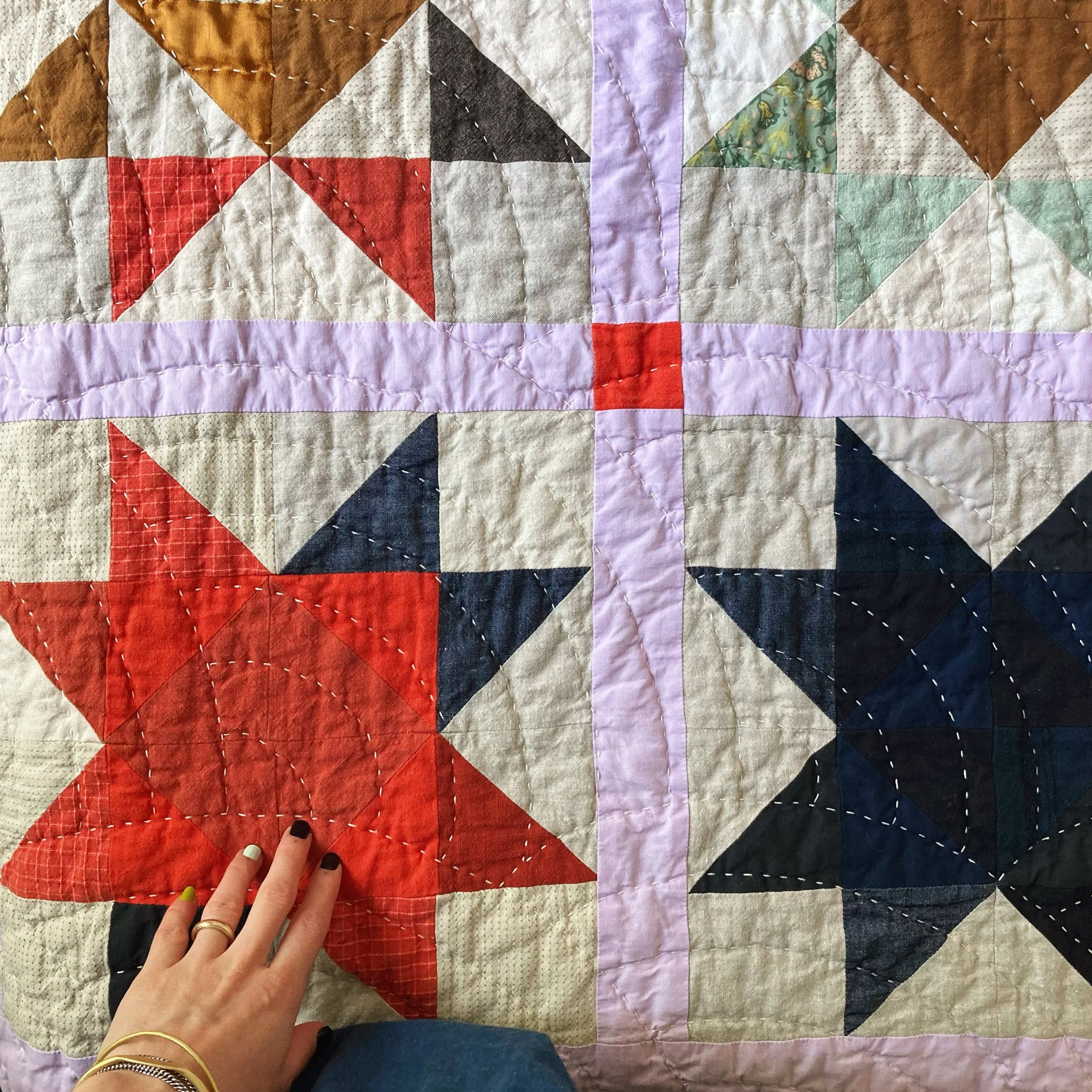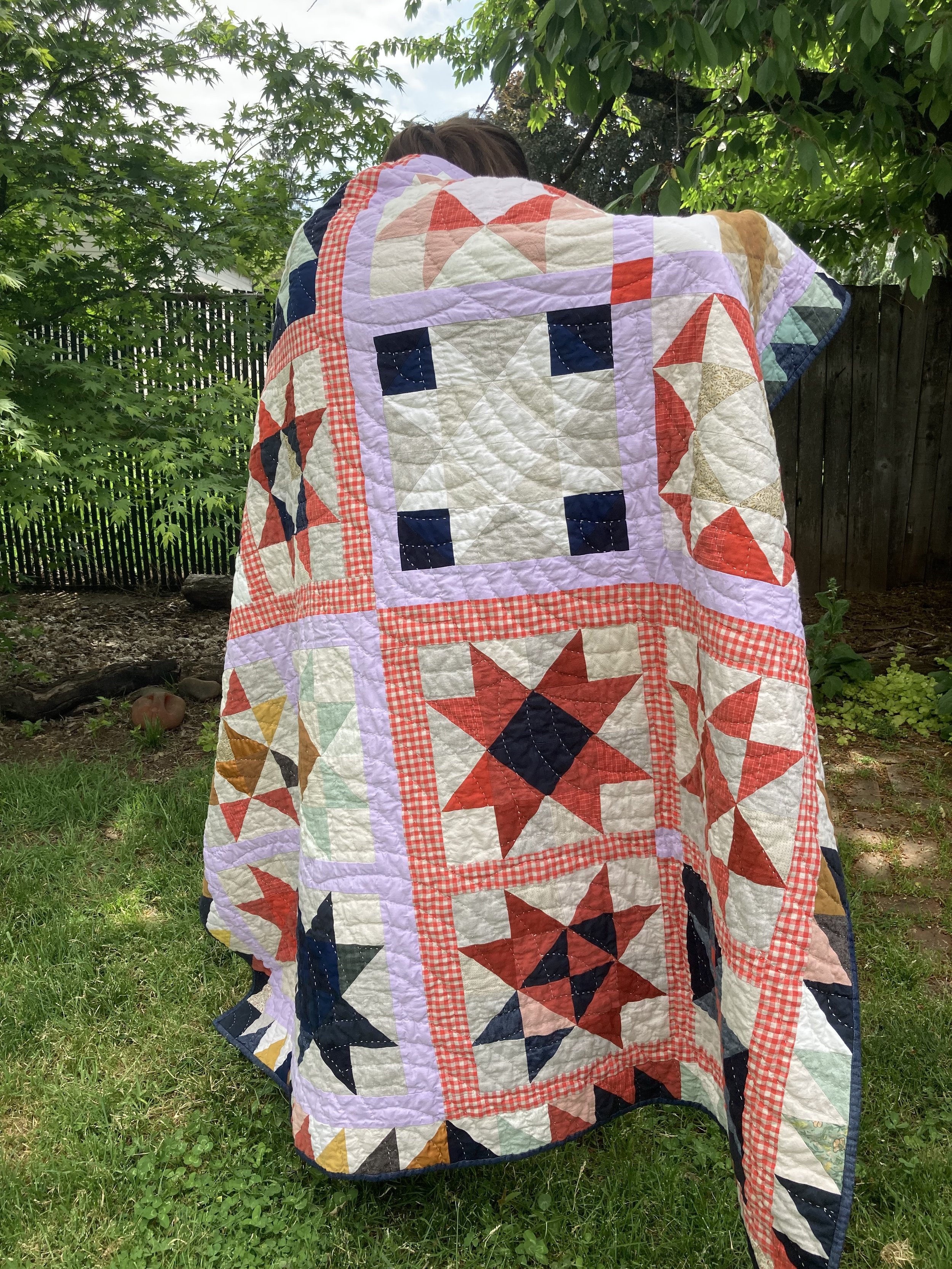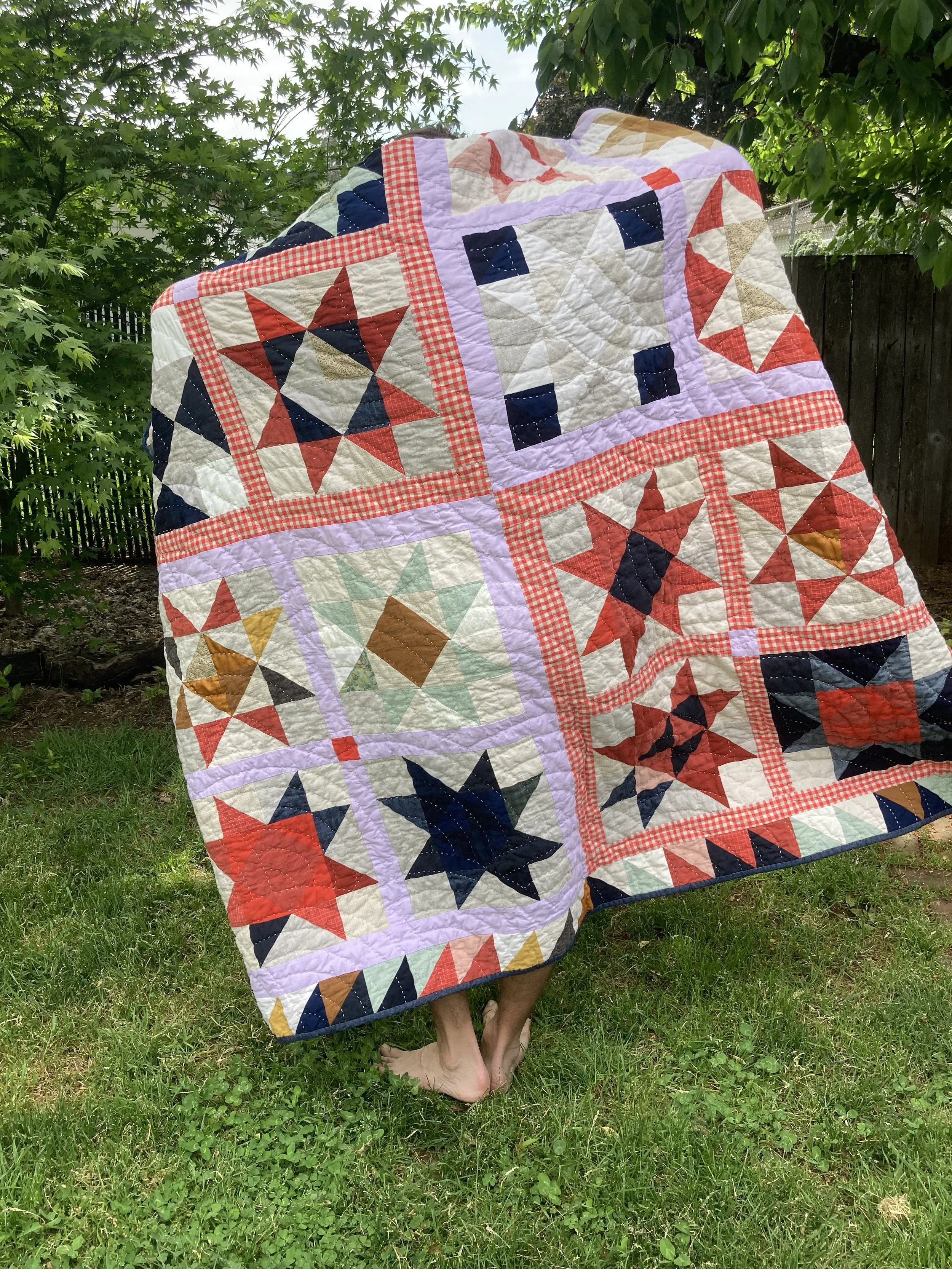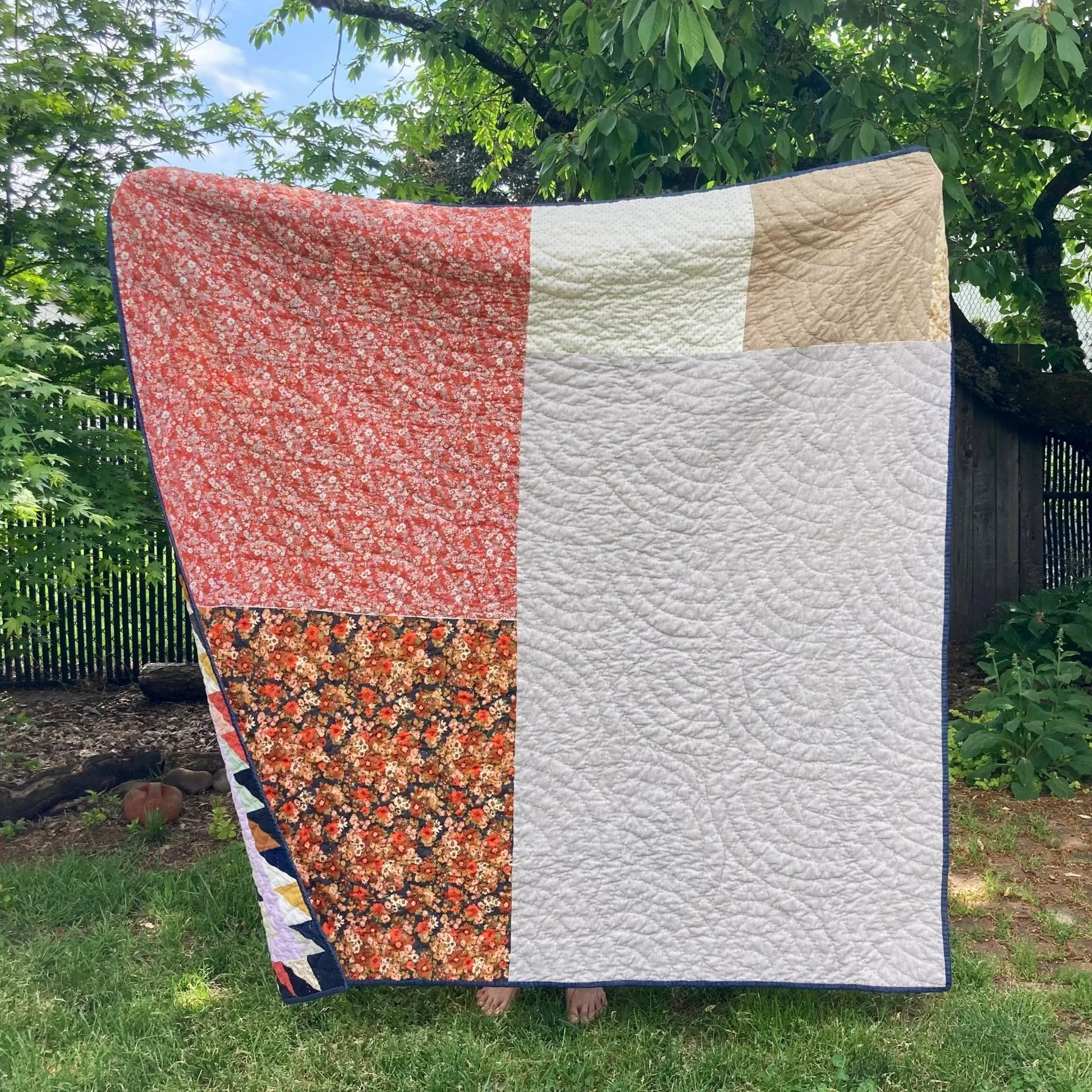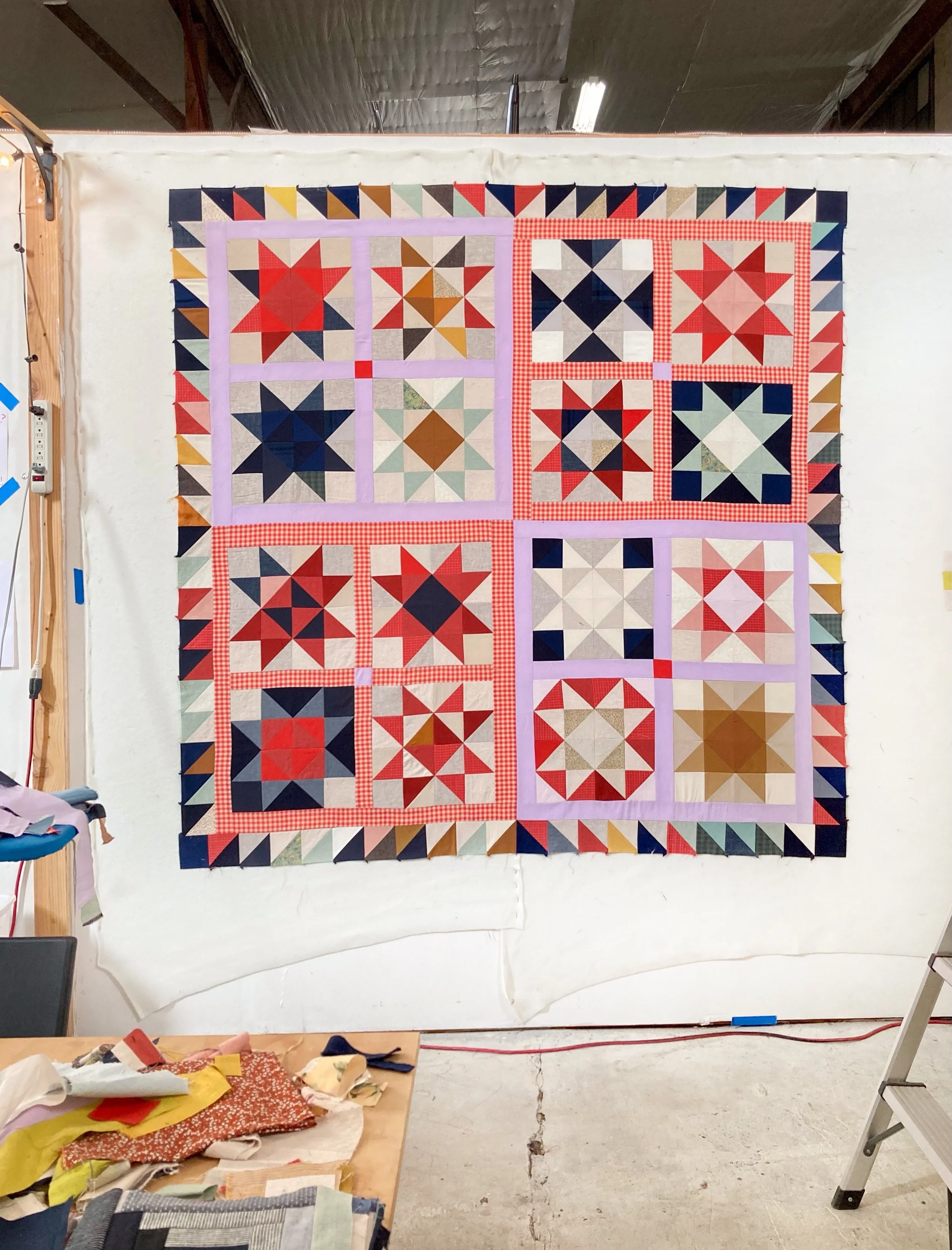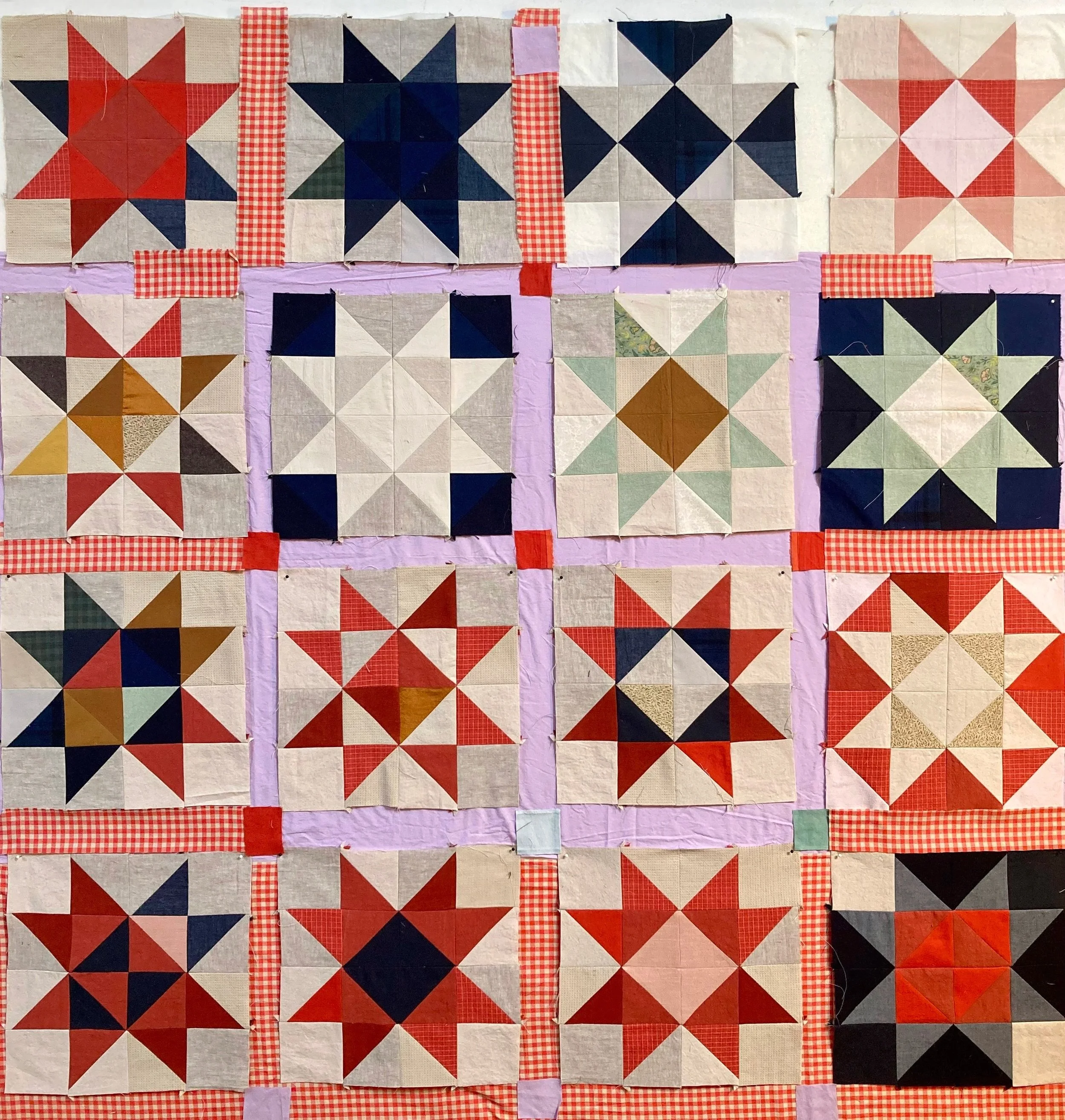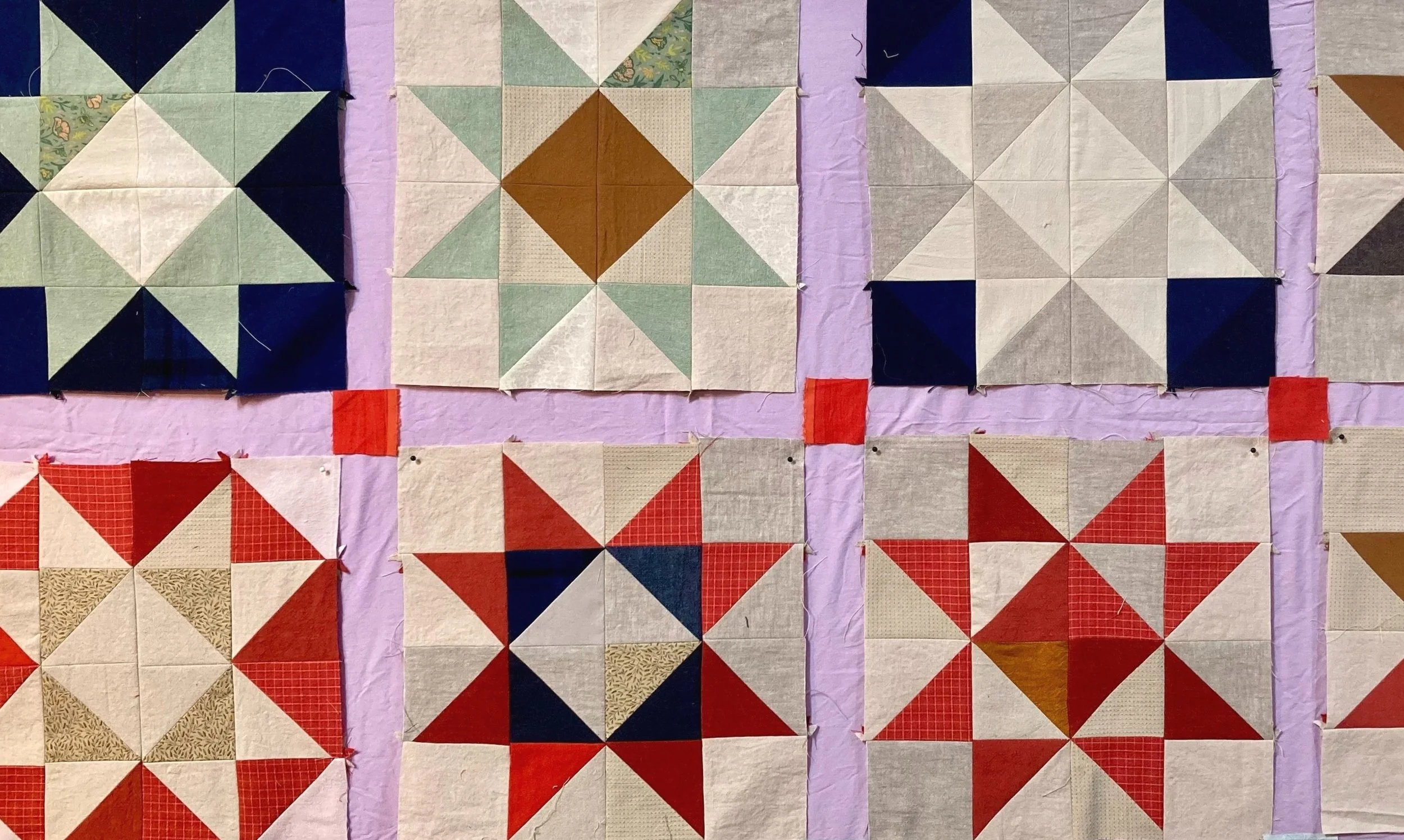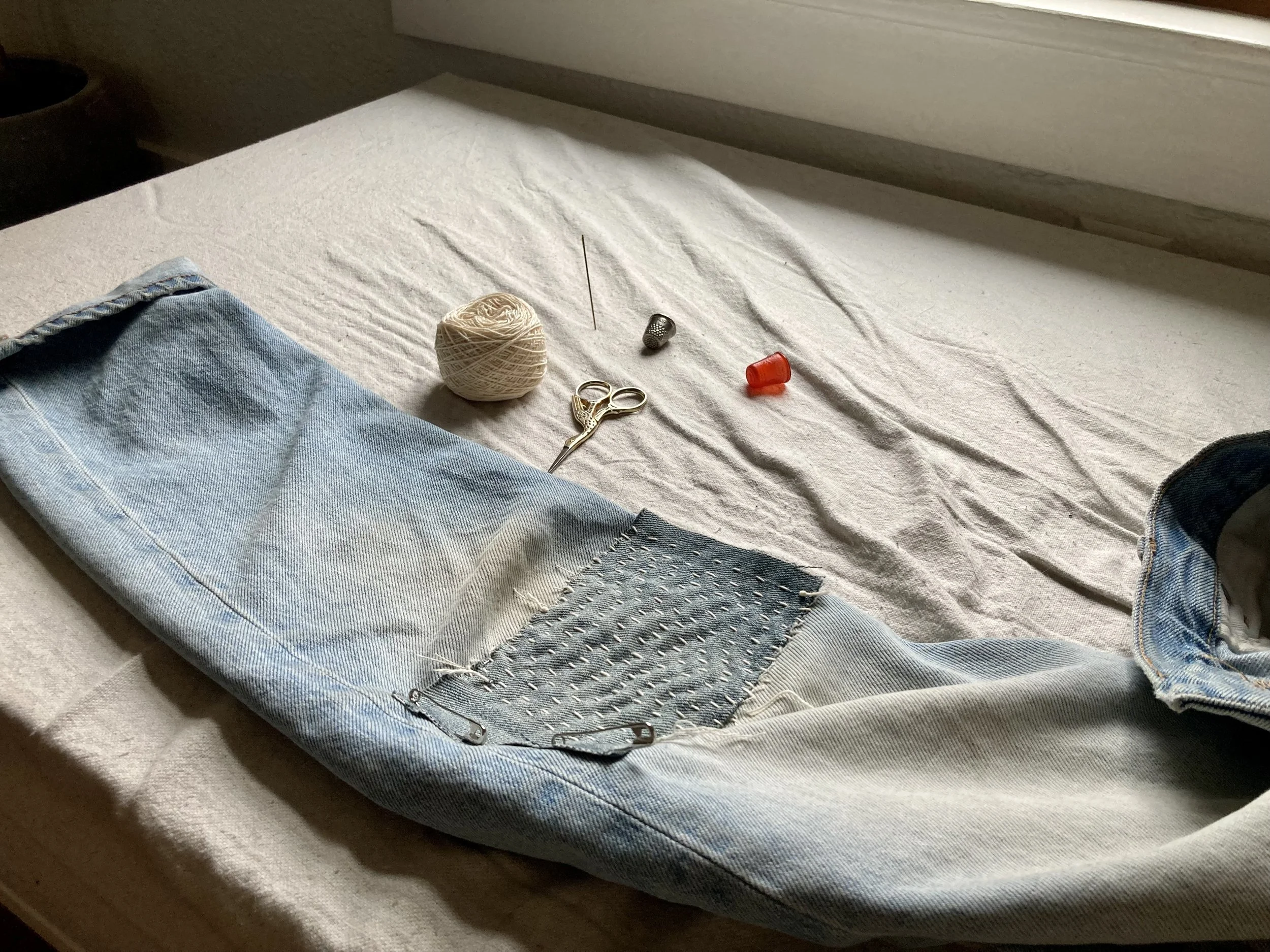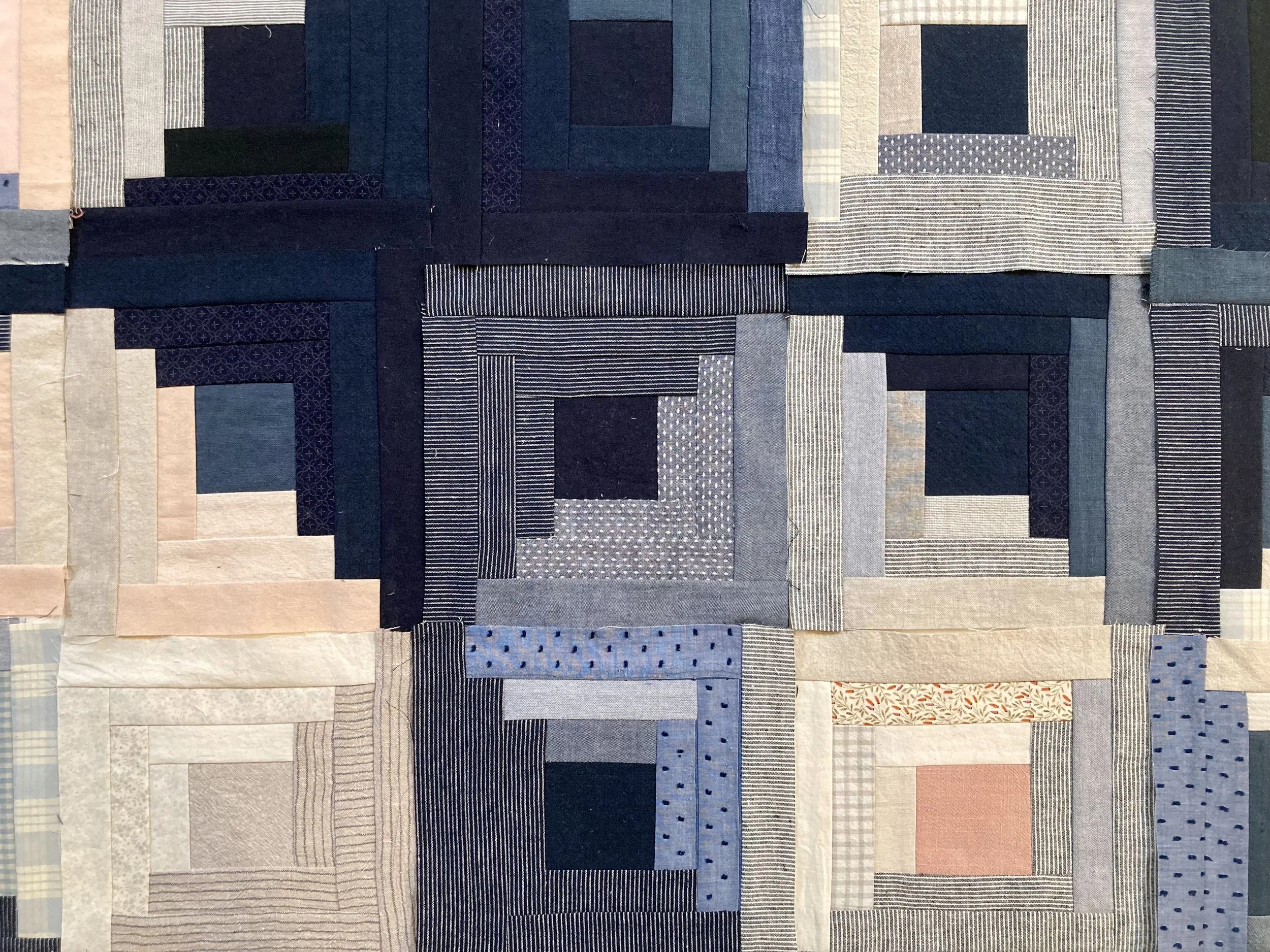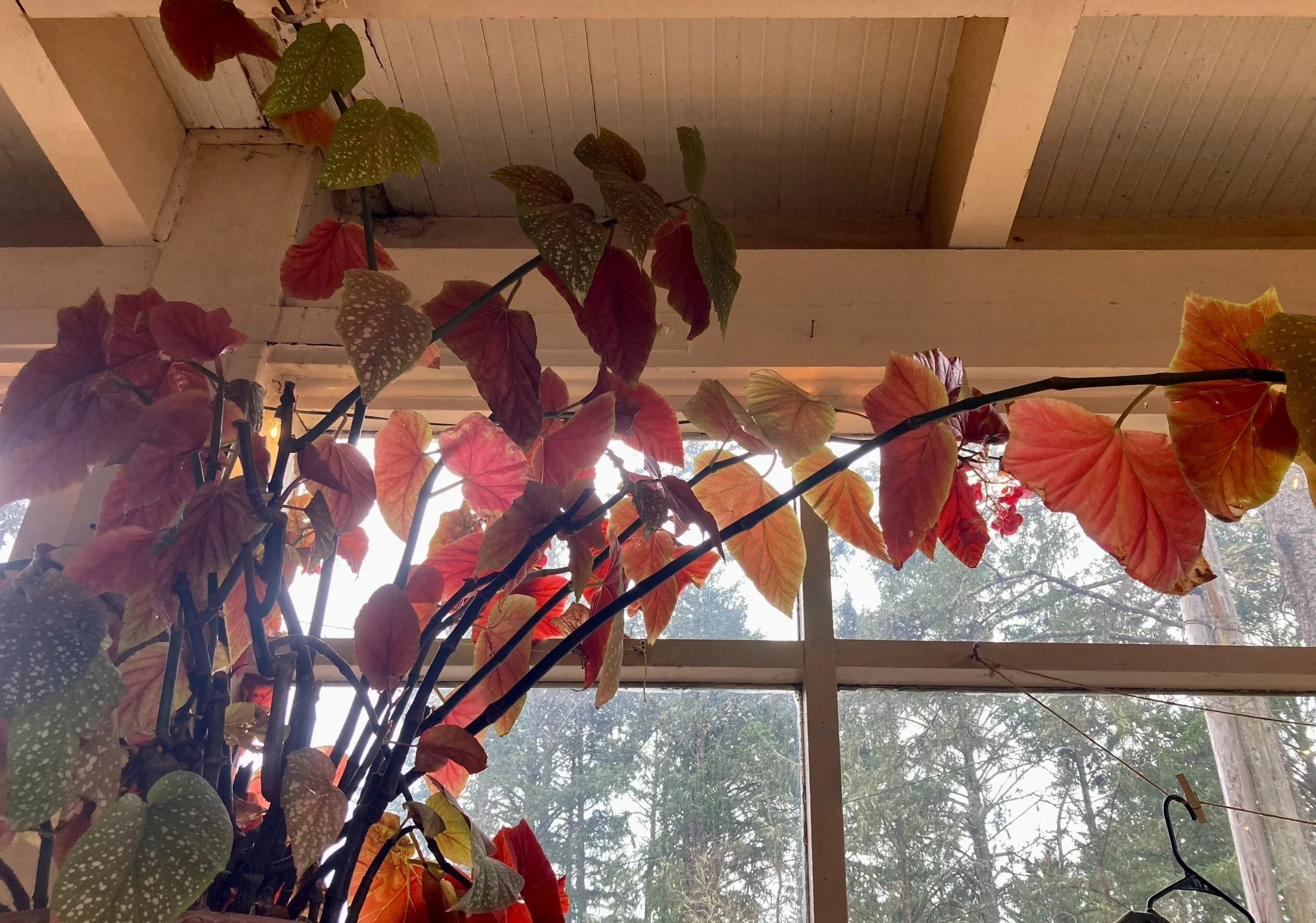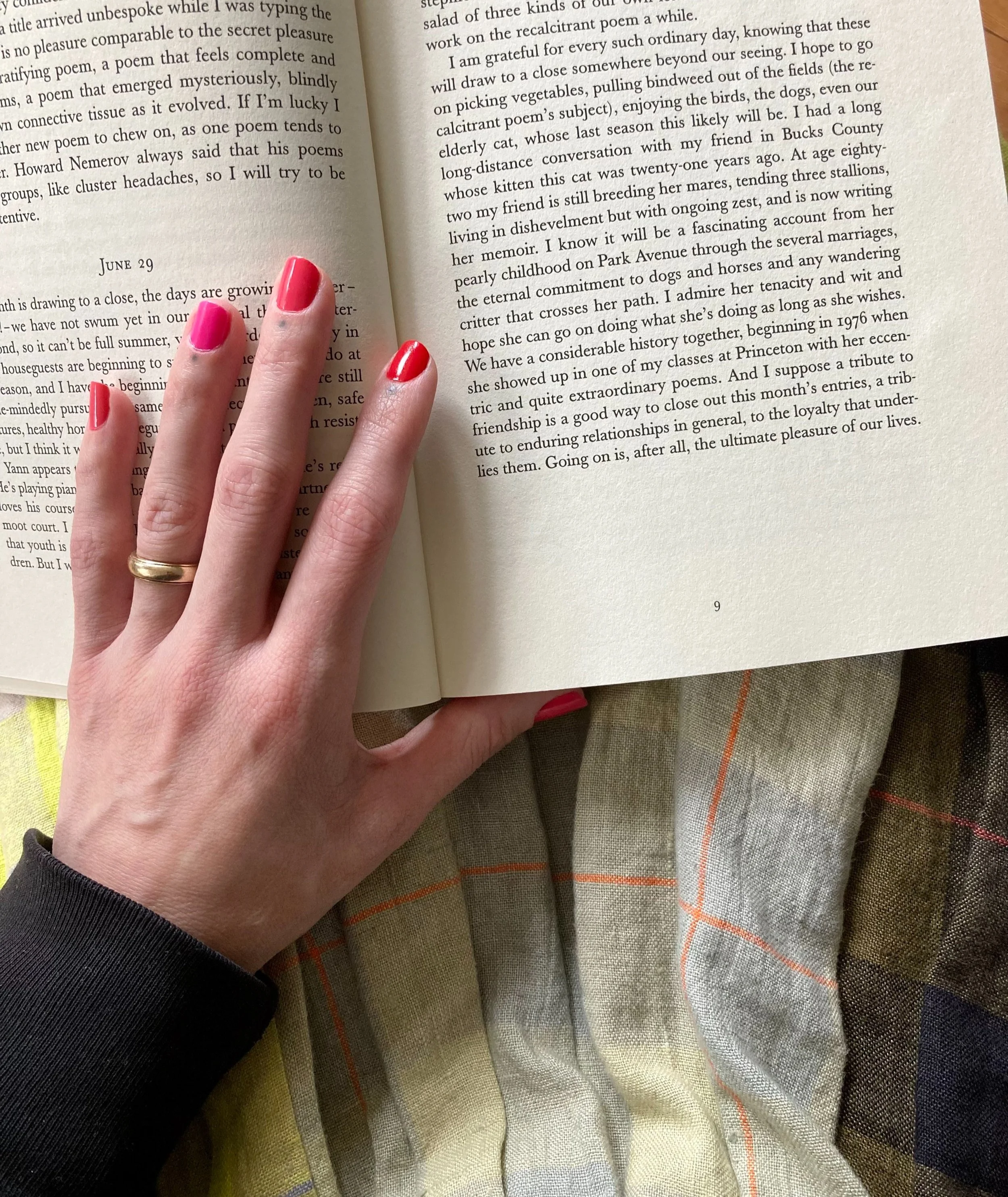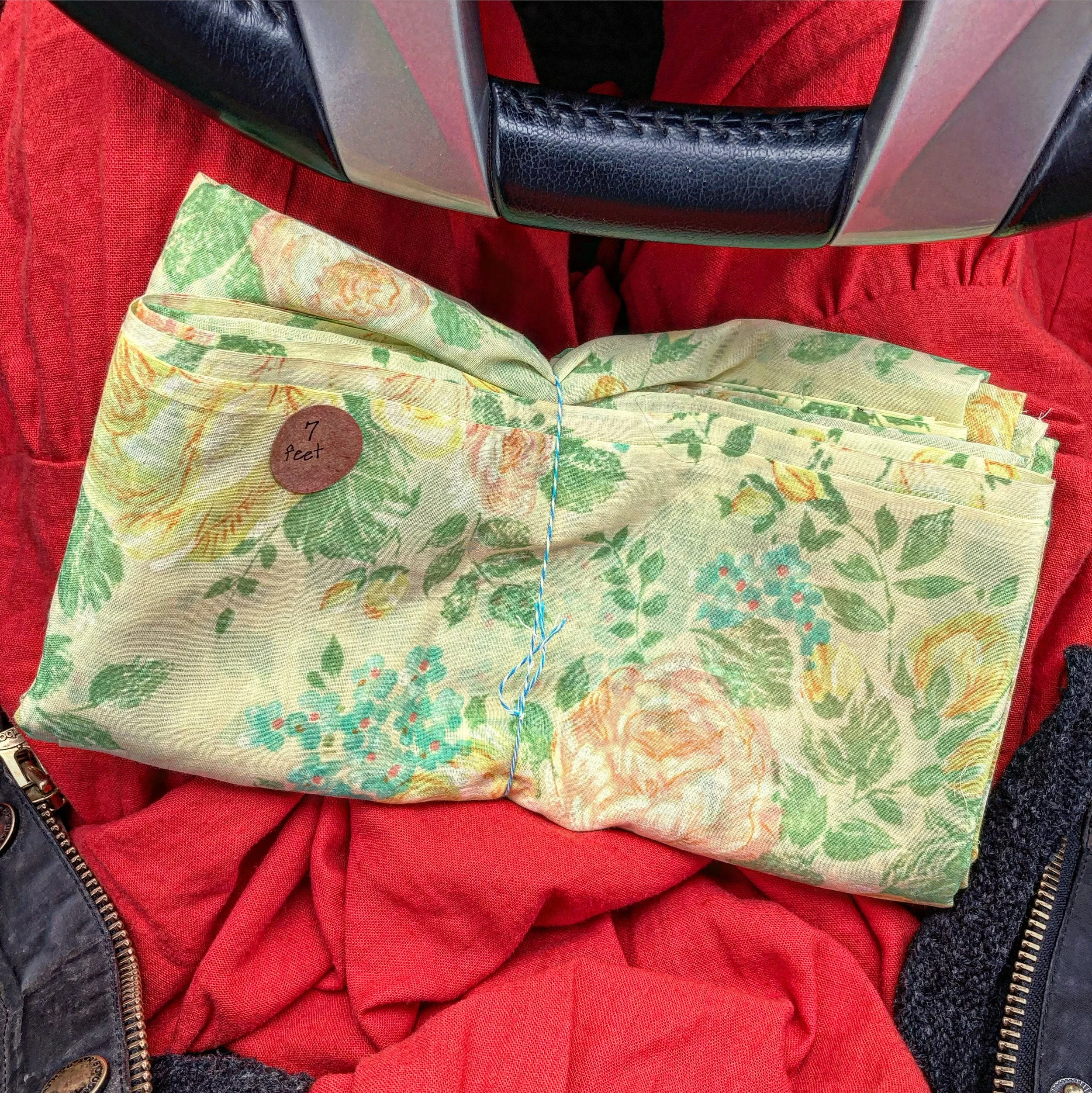I’ve written before about how sometimes my work seems to make decisions for me. That’s usually a relatively slow process; it often comes after progress on a given piece has ground to a halt, and I’ve turned my attention towards something else. The muse needs some space to come and visit, I suppose.
With this piece, there’s been little downtime, relatively speaking. Between the afternoon the fabric arrived at my doorstep and today, we’re at almost 16 weeks exactly. I knew what I wanted to make, but January had other plans; then in a mad rush, I completed both the top and back in I believe less than two weeks. I basted it all together and hauled it to the coast for my ritual mid-February retreat. While there I put just enough stitches in it to know that my original quilt stitch design idea wouldn’t work; I ripped those out, and when I got back, I set it aside. There it had its first real rest for one full month, mid-Feb to mid-March, while my social calendar kept me out of the studio and out of any real workflow at all. At which point, I began to panic, and set about spending as much time as I could quilting — long hours, and not my preference for how to do this work. It’s bad for my hands, and my back — but sacrifices sometimes must be made!
I’m one week to the day from wheels up on the runway. The yellow field is fully quilted, but the quilt design choices for the sashing remain undecided, as does the treatment of the stars. I’ve run out of the quilting thread in the color I’ve been using. I’m not sure yet what I want to use for the aforementioned, as-yet-unquilted areas. The binding fabric has yet to be found: I am being outrageously picky, having decided exactly what I want, without knowing whether such thing exists. (Do you do this, too?)
As such, in the last few days, I’ve spent over three hours traveling to and from five different locations (with calls and web visits to some others), trying to source these last bits. Each time, no dice. Places I’ve relied on historically for these precise needs are coming up short; sold out of one thing, nothing calling to me at all from the shelves, or promising restocks of a specific item only by late May, etc. There’s not real time to wait on shipping for things I can’t get locally — this weekend being the last days to do any real work before my Tuesday flight.
Sometimes, the decisions get made for you externally, instead of internally.
The dingy afternoon light in the studio, and a close-but-not-close-enough to finished quilt.
In this case, that decision is: the quilt won’t go with me to Paris. It will stay here, waiting for its remaining materials, its final design decisions, and its last stitches. While I’ll be sad not to carry it with me to my friend, I would be sadder to slap something on it, against my instincts and desires. I would be sadder to rush at breakneck speed through decisions I don’t feel good about, or haven’t had time to vet, to consider — all essentially to try to avoid the cost of international shipping. I would be sad to send it off without photographing it properly, for my own records (as I have done too often, with too many quilts).
There is no rush. While I would have preferred to carry it with me over the Atlantic, I do not prefer to feel anger and frustration and stress and anxiety while making a gift for one of my dearly beloveds. It will be here when I return. As will, hopefully, some of its final necessary materials.
Which brings me to the last studio bit I have to share for this past week: my contribution to Sydney Shadeck-Triola’s protest quilt, an artwork called “An Inch for Each of the Dead.” At 30,000 (the death toll over a month ago, when Sydney first put out the call for collaboration) the final work would have come to approximately 50 inches wide by 50 feet long. As the number of lives lost continues to grow, so will the size of the work. I find the visualization of large numbers exceedingly compelling — numbers mean so little to us. Physical representations — even small ones — often tell a different story. A much more emotionally resonant one.
As you likely already know, reading this — if you are a quilter, a quilt lover, or just a personal friend of mine — quilts have a long and storied history as revolutionary protest art. So too, are large community-collaboration projects an important part of this history. If you’re interested, there is much to learn and read (and revel in) about the use of quilts in agitating towards liberation; from the underground railroad, to the AIDS epidemic, to opposition to war. I see many people in my textile community stepping into this space in this moment, onto the path our quilting ancestors walked before us. I am honored to have been able to contribute to this piece.
This is my block, all 100 one inch pieces of it. It contains, obviously, my most beloved vermillion; it contains silk dyed with cochineal; it contains one piece of my beloved acid yellow linen. It contains many tiny pieces of floral fabrics in the colors of the Palestinian flag — black and white, green and red; and it contains a few blocks of a deep indigo blue. From the river to the sea.



